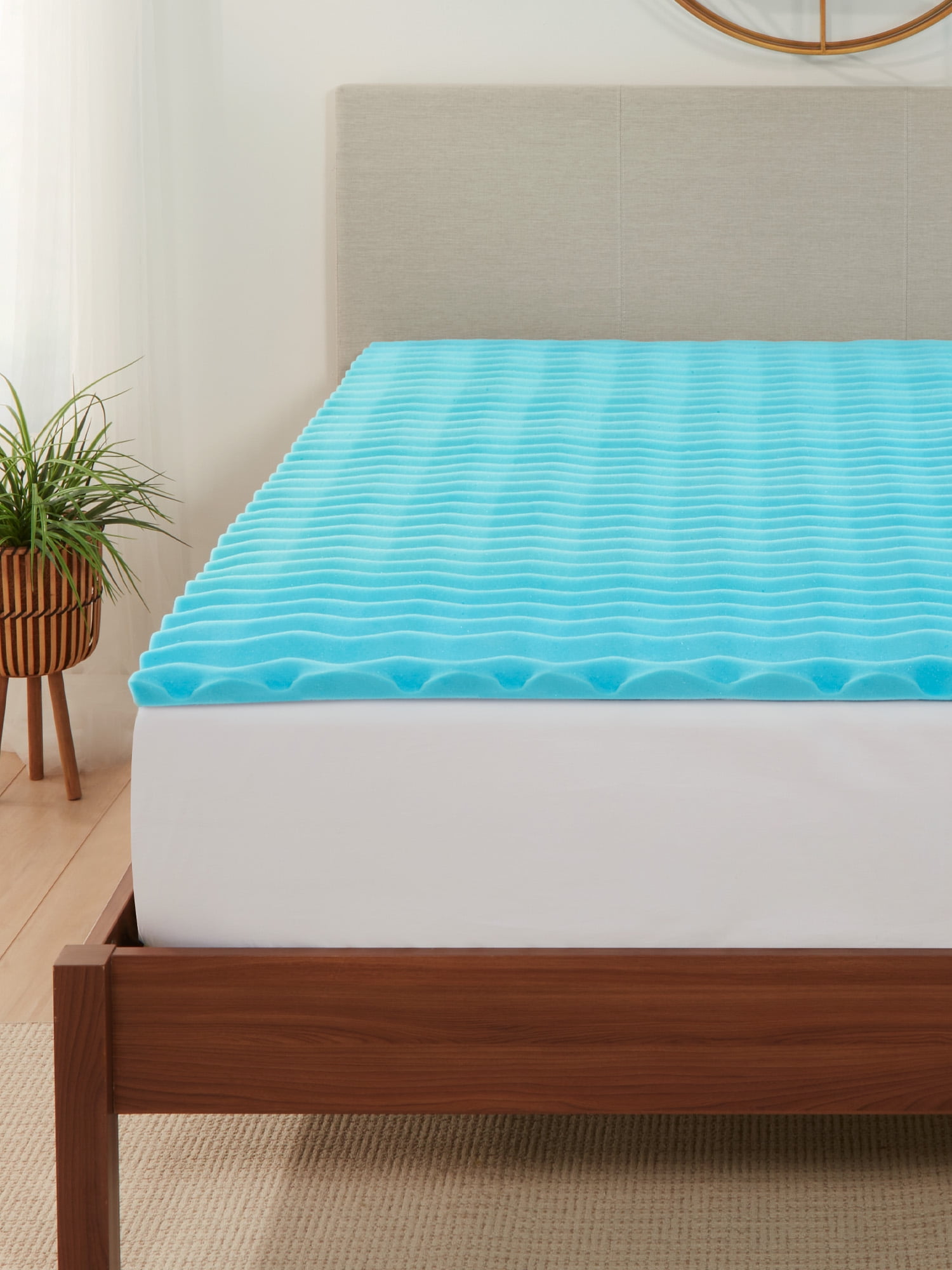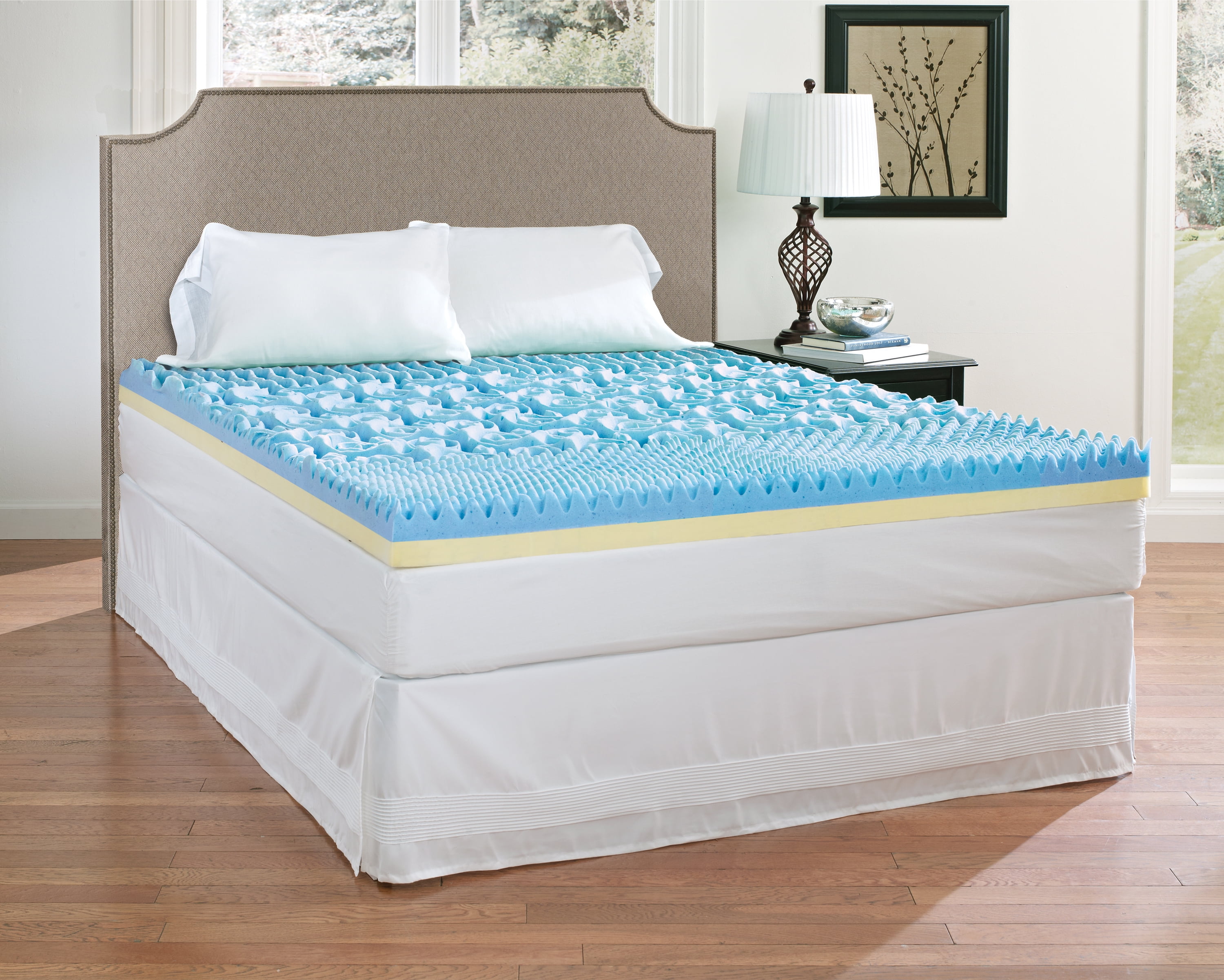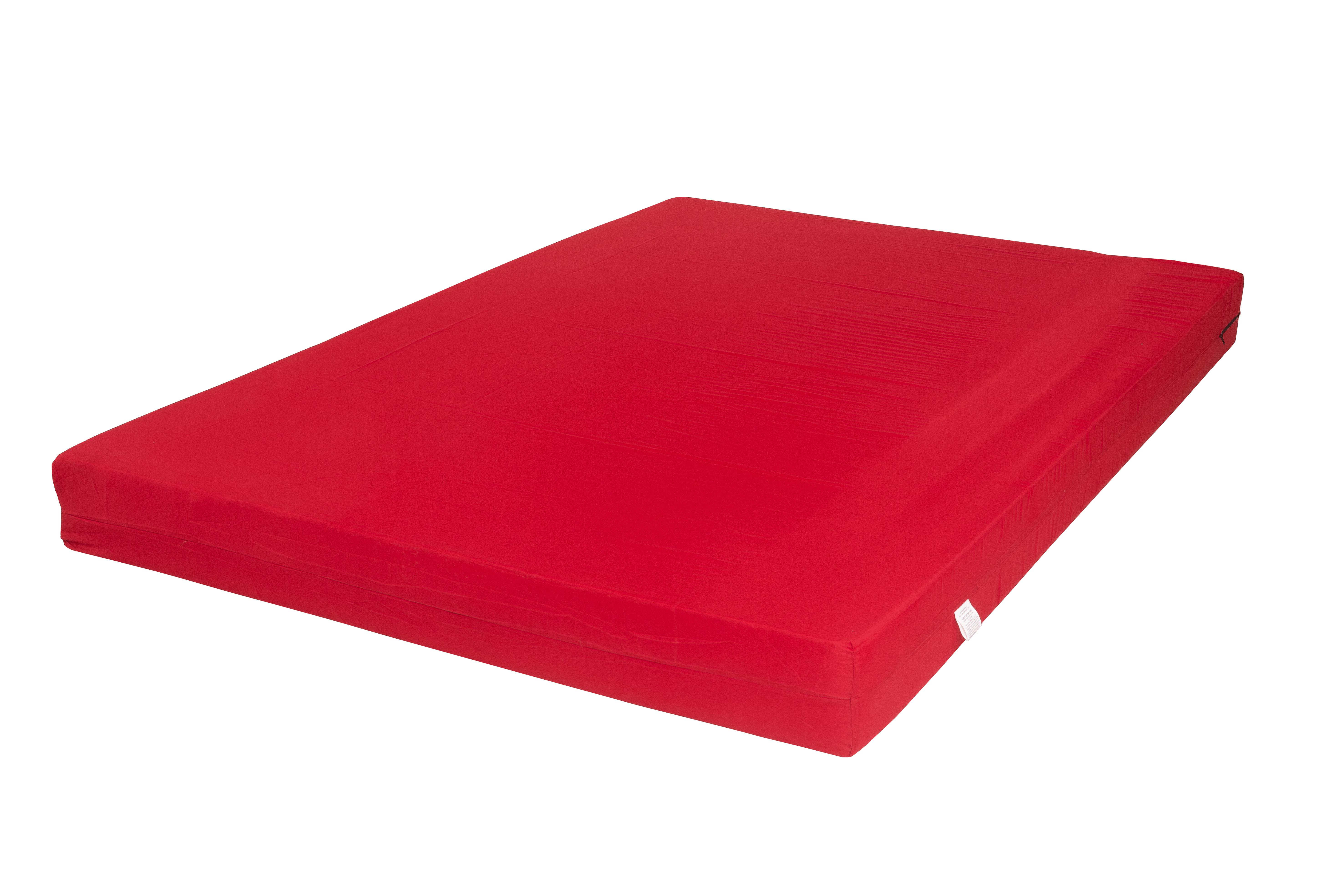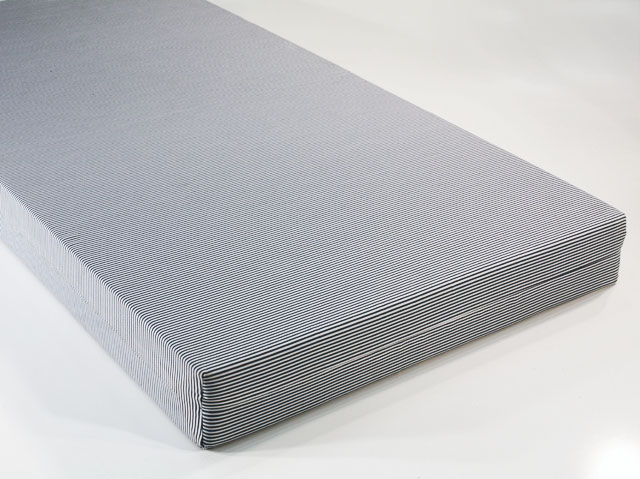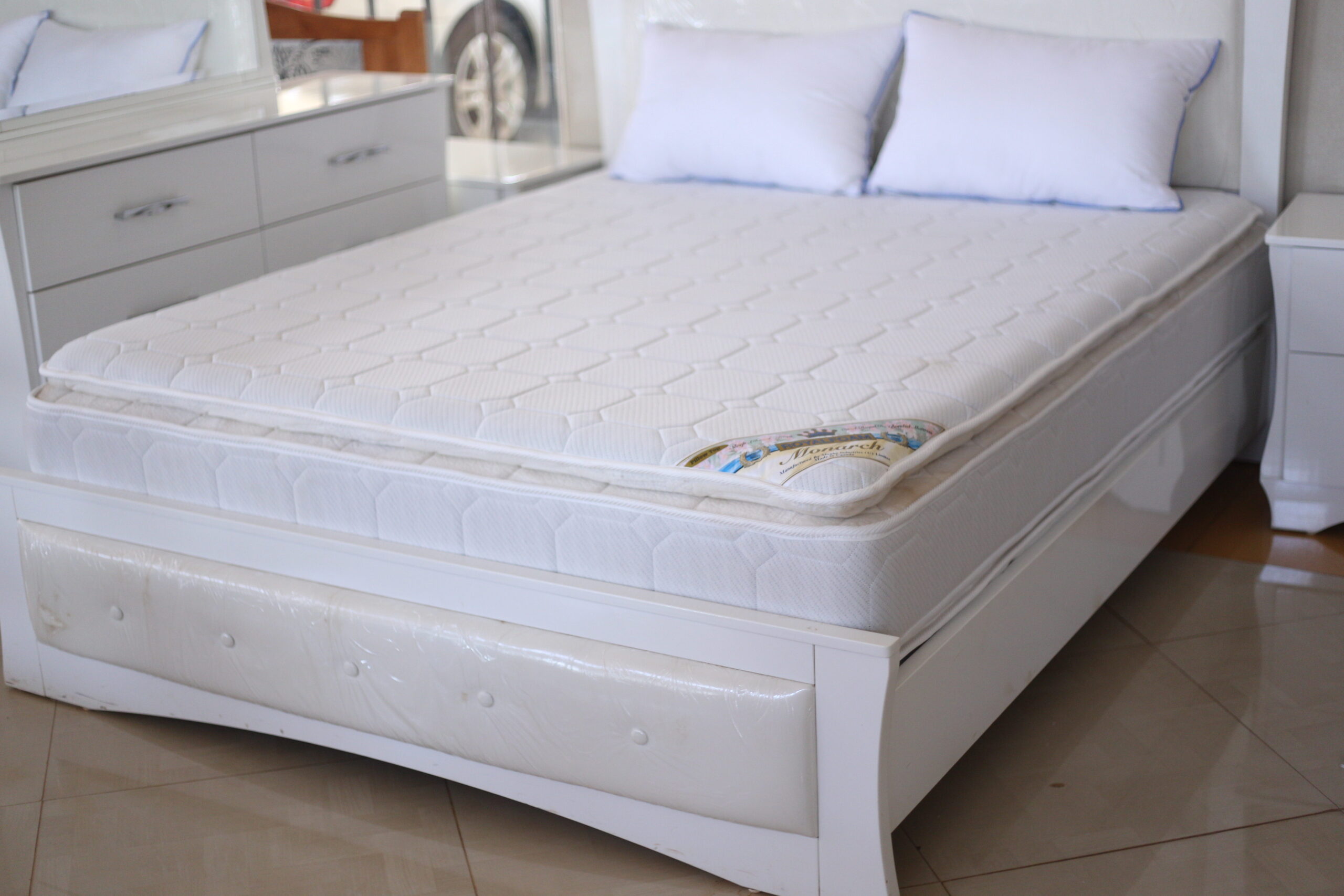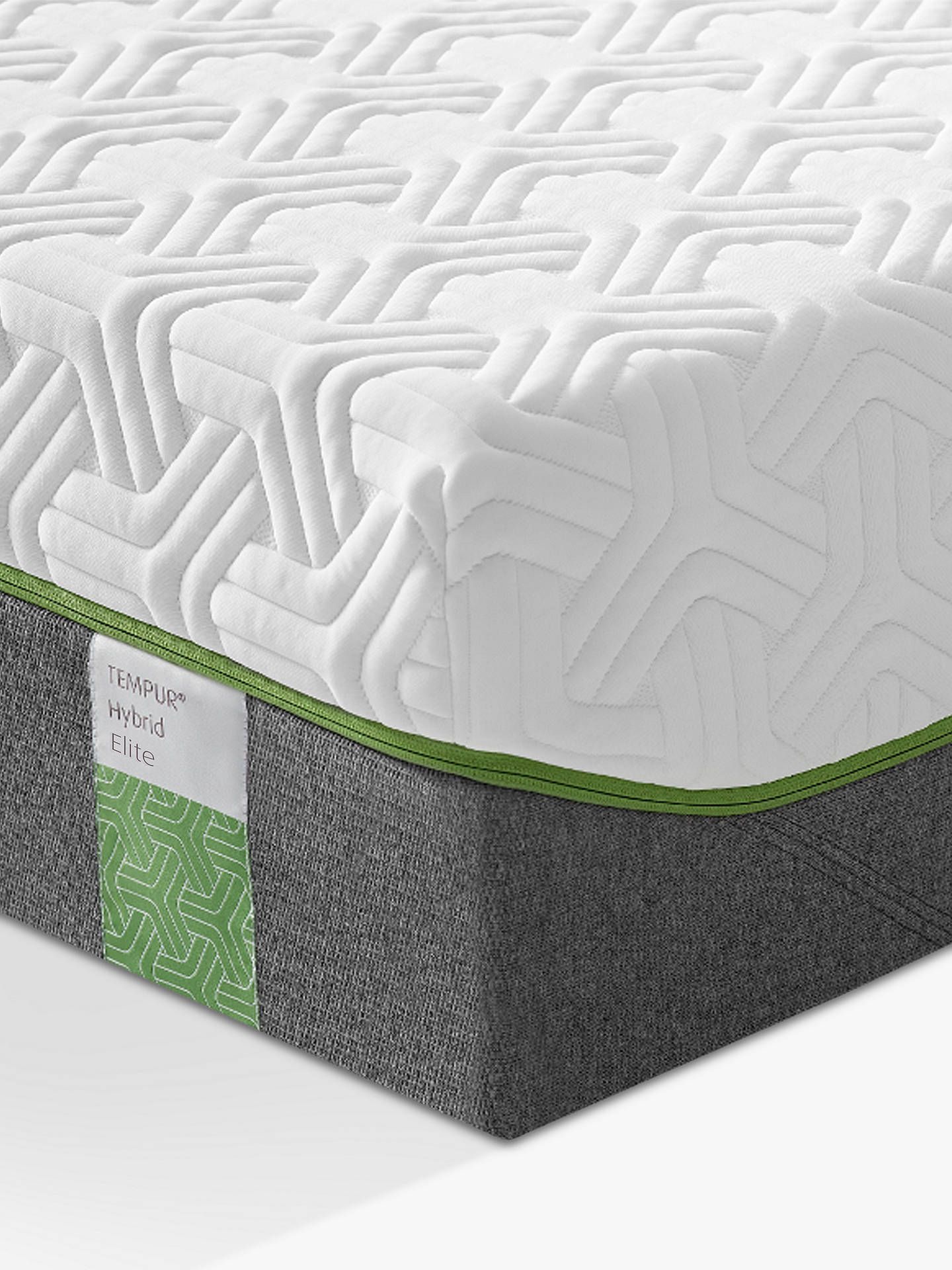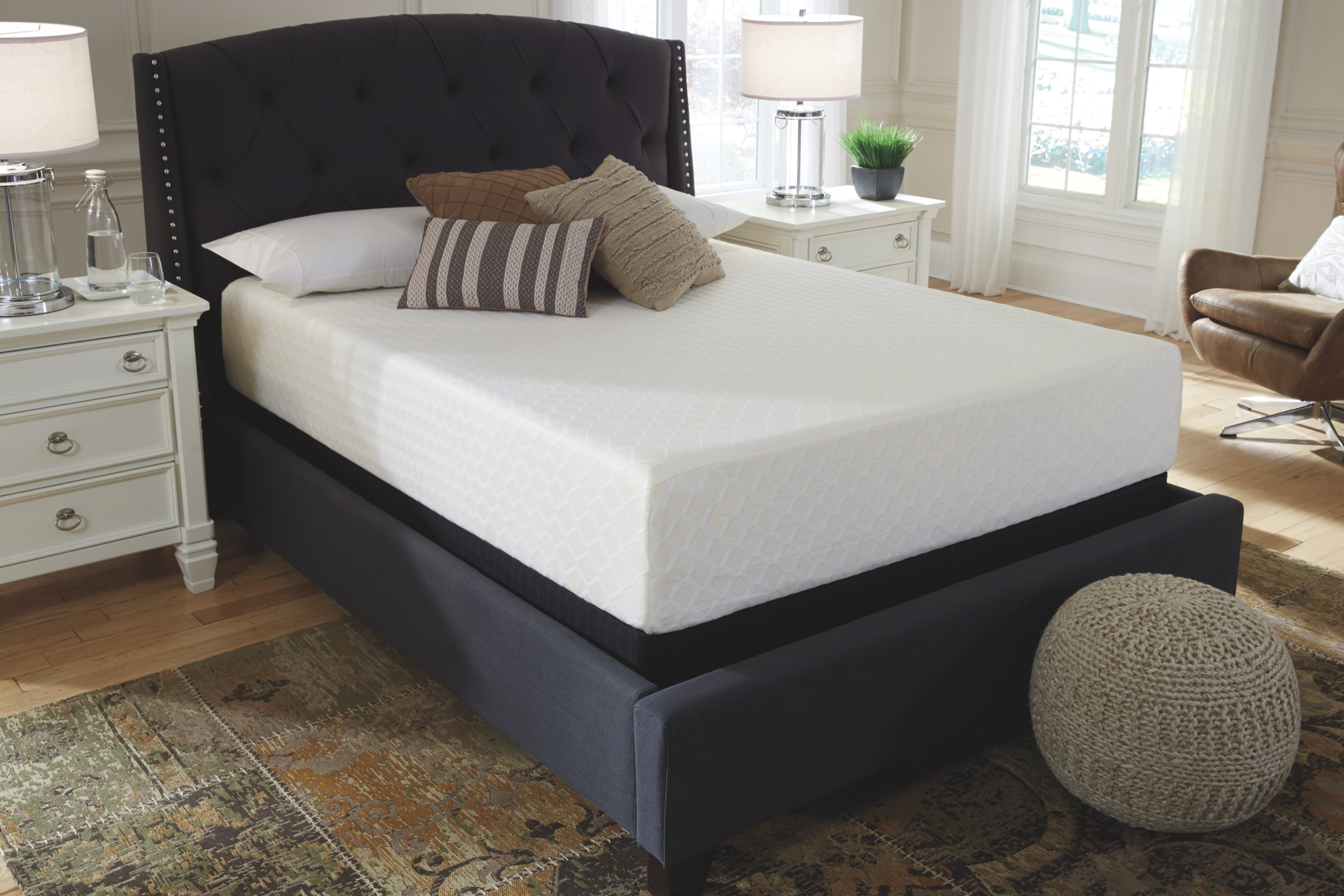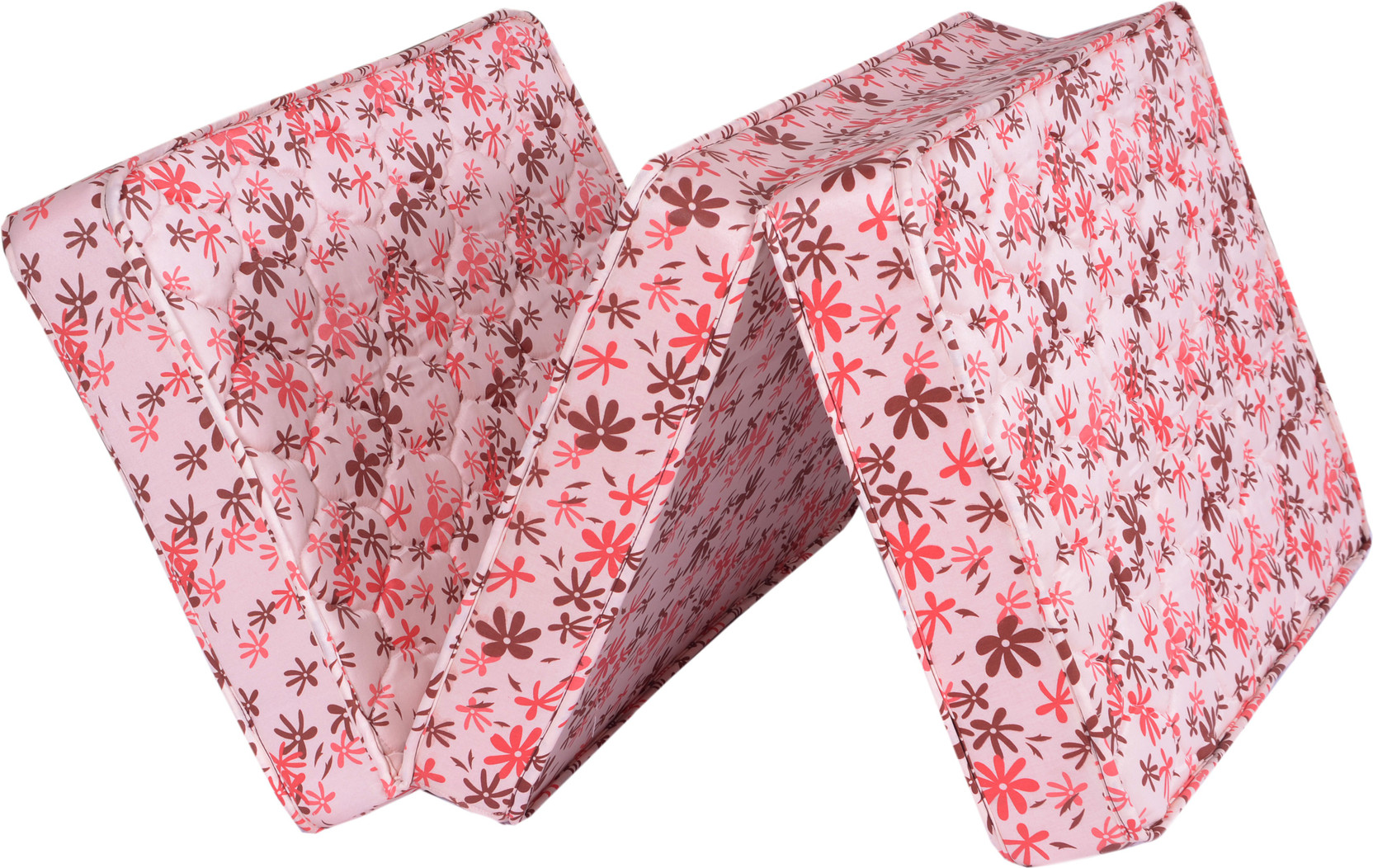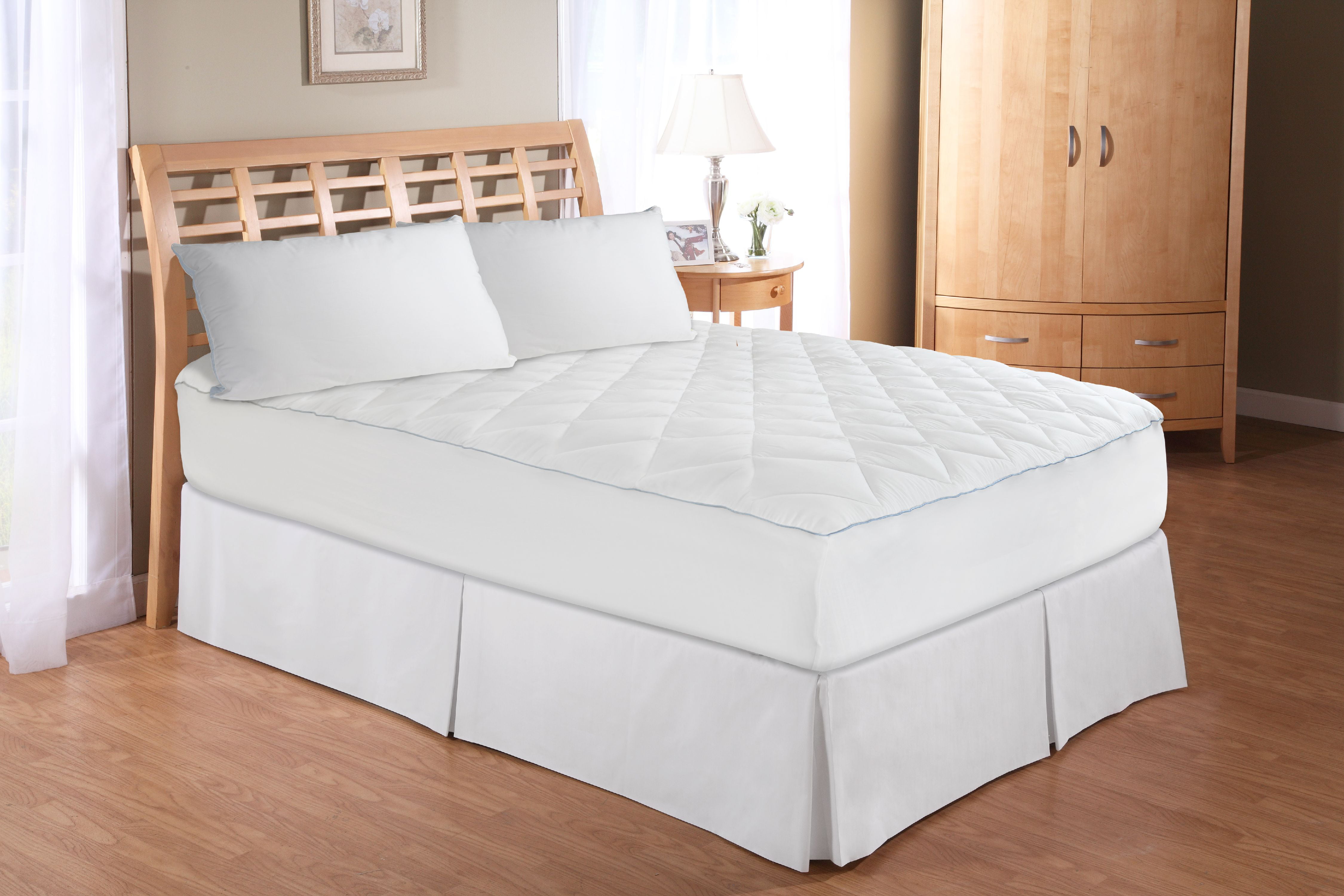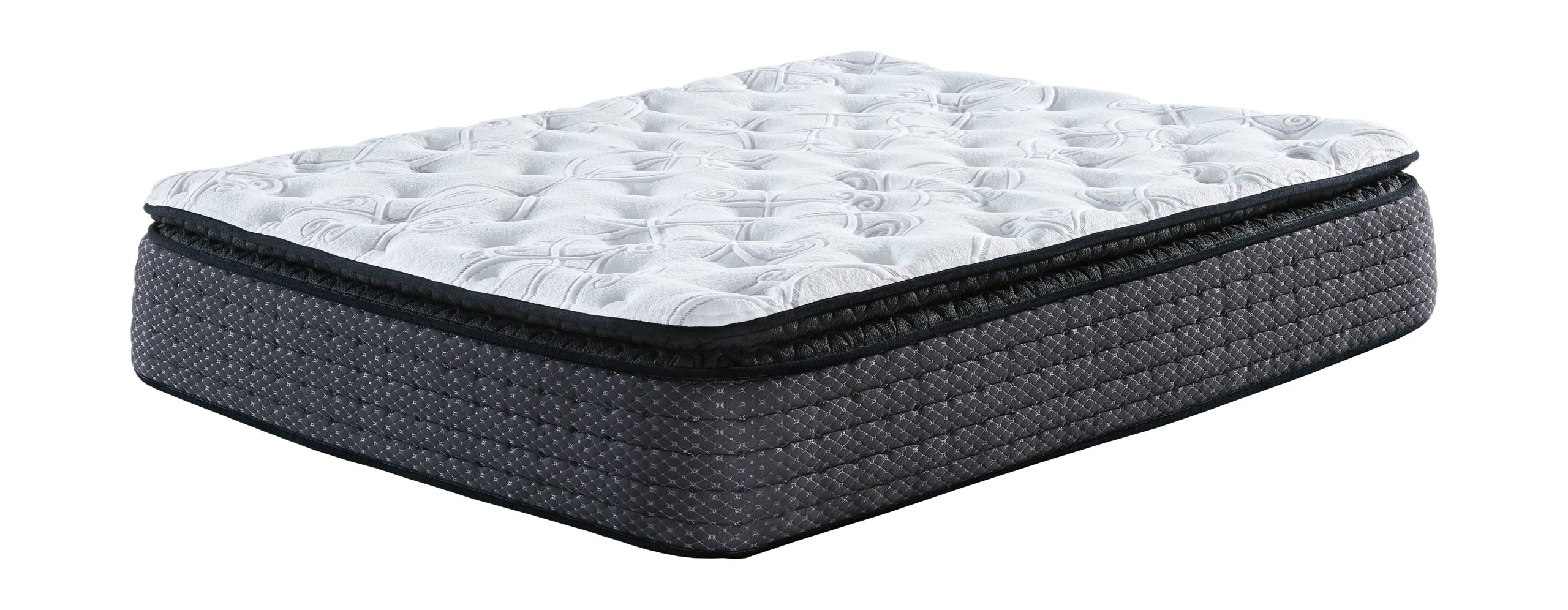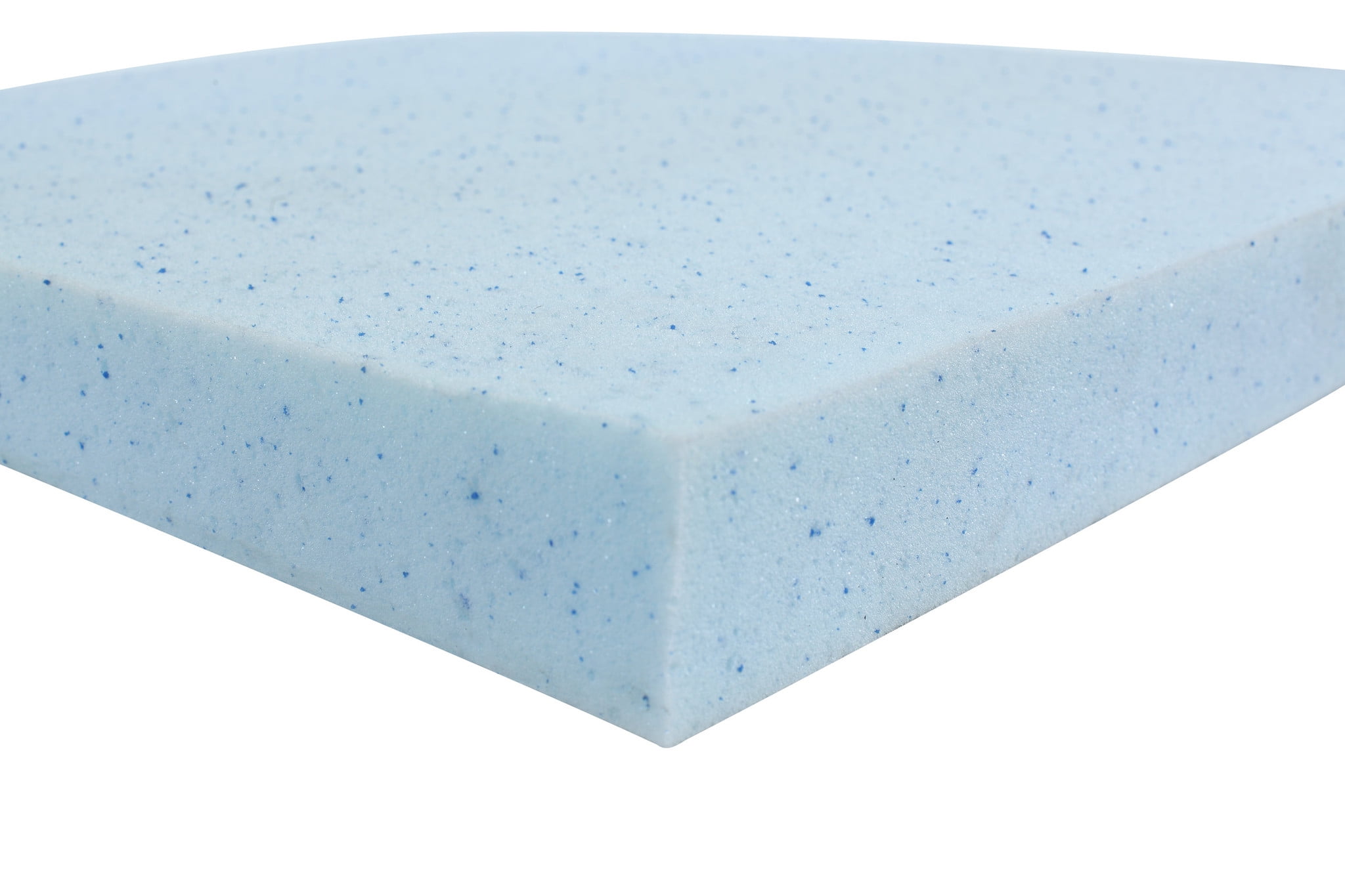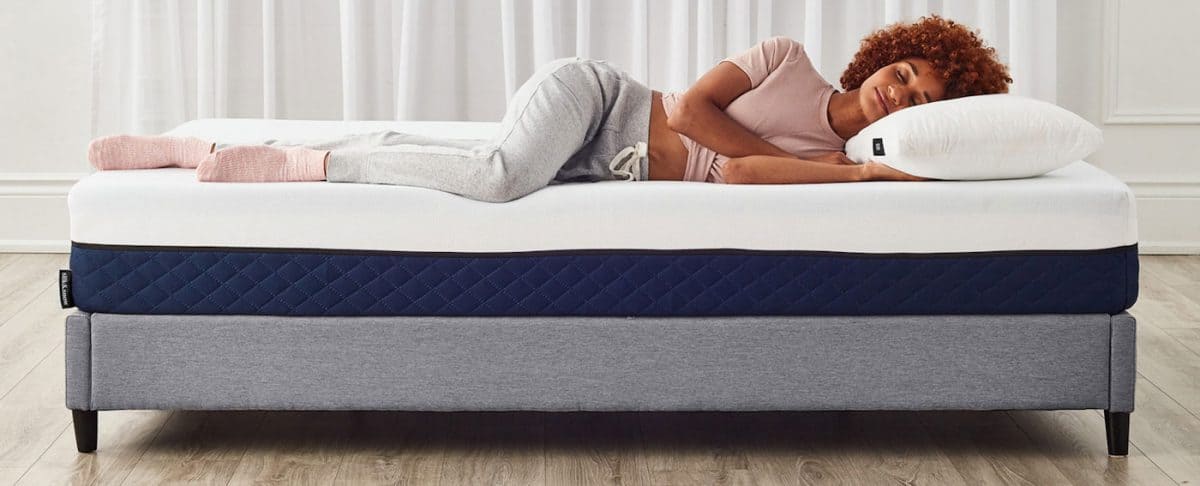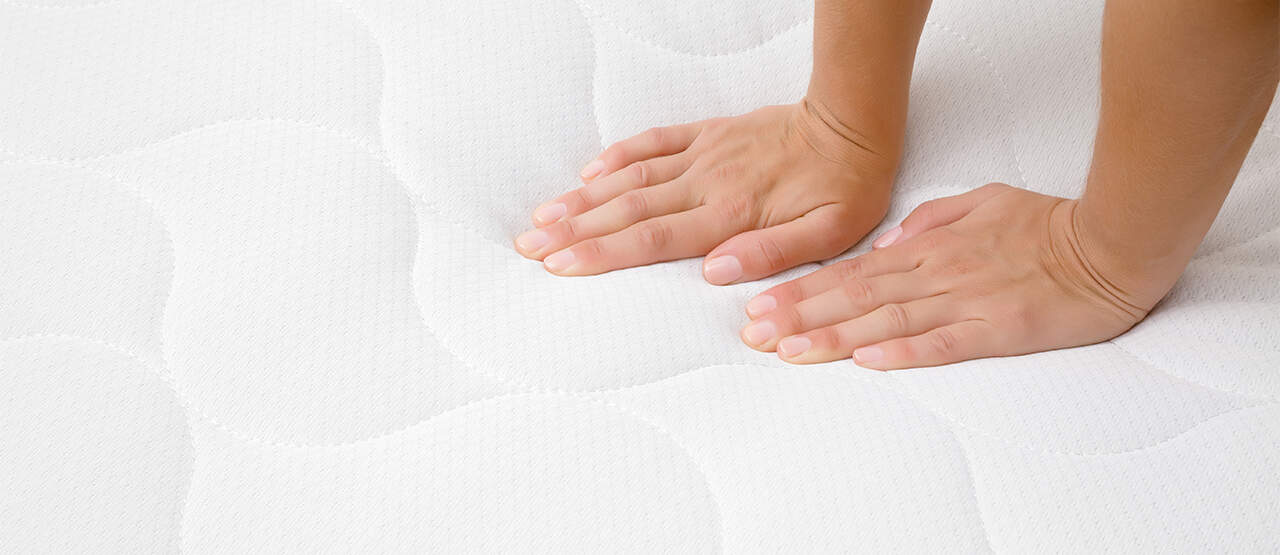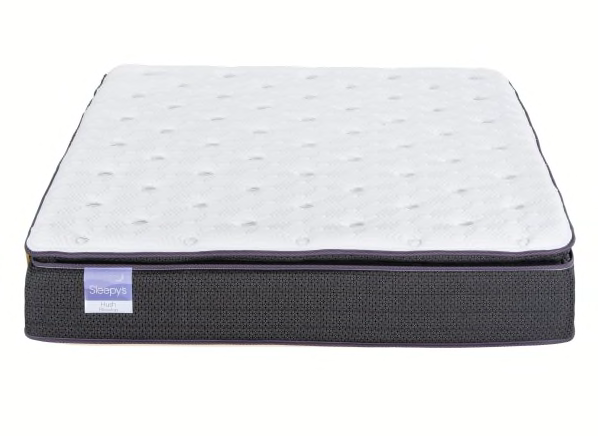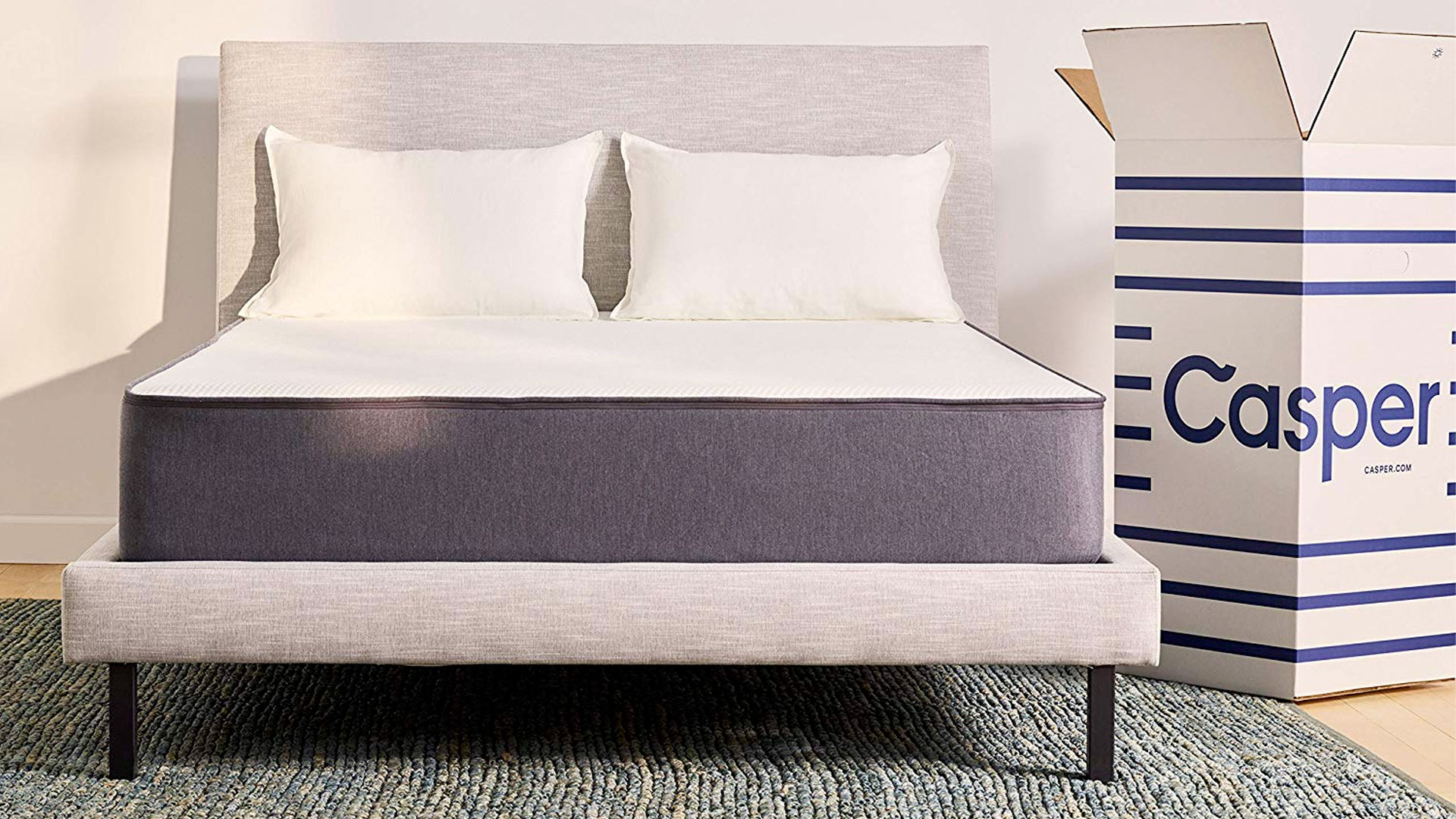When it comes to choosing a mattress, there are a lot of factors to consider, from size and firmness to materials and price. But one often overlooked factor is the density of the polyurethane foam used in the mattress. This may not seem like a big deal, but the density of the foam can greatly affect the comfort and durability of your mattress. Let's explore why polyurethane foam density is such an important factor in mattress selection.1. Understanding the Importance of Polyurethane Foam Density in Mattresses
Polyurethane foam is a type of synthetic foam commonly used in mattresses. It is known for its comfort, support, and durability. But what exactly is foam density? Simply put, it is a measure of how much the foam weighs per cubic foot. The higher the density, the more foam is packed into a given space. Foam density is usually measured in pounds per cubic foot (PCF) and can range from 1.5 PCF to 8 PCF or higher.2. What is Polyurethane Foam Density?
The density of the polyurethane foam used in a mattress can greatly affect the overall comfort level. Higher density foam tends to be more supportive and can provide better pressure relief, making it ideal for those who suffer from back pain or other body aches. On the other hand, lower density foam can feel softer and more plush, making it a good choice for those who prefer a softer sleeping surface.3. The Relationship between Foam Density and Mattress Comfort
Another important factor to consider when it comes to foam density is the durability of the mattress. Higher density foam is more compact and can withstand more weight and pressure without losing its shape and support. This means that mattresses with higher foam density are less likely to sag or develop body impressions over time. On the other hand, lower density foam may not be as durable and may need to be replaced sooner.4. Foam Density and Mattress Durability
Motion isolation refers to how well a mattress absorbs movement, which is especially important for couples who may have different sleeping habits. The density of the foam can play a role in motion isolation, with higher density foam generally being more effective in reducing motion transfer. This means that if you or your partner moves during the night, the movement is less likely to disturb the other person.5. The Impact of Foam Density on Motion Isolation
While it may seem like higher foam density is always the better choice, it's important to find the right balance for your needs. Too high of a density may feel too firm and uncomfortable, while too low of a density may not provide enough support and could lead to back pain. It's important to try out different foam densities and find what feels most comfortable for you.6. Finding the Right Balance of Foam Density
As with any mattress material, there are pros and cons to different foam densities. Higher density foam may provide better support and durability, but it can also be more expensive and may feel too firm for some sleepers. Lower density foam may feel softer and more affordable, but it may not provide enough support and may need to be replaced sooner.7. The Pros and Cons of Different Foam Densities
While polyurethane foam density is an important factor to consider when selecting a mattress, there are also other factors that can affect comfort, such as the type of foam used, the thickness of the foam layers, and the overall construction of the mattress. It's important to consider all of these factors together when making your decision.8. Exploring Other Factors That Affect Mattress Comfort
When shopping for a mattress, you may come across different types of polyurethane foam, such as memory foam, latex foam, or polyfoam. Each of these types can have different densities and properties, so it's important to do your research and understand which type is best for you.9. The Different Types of Polyurethane Foam Used in Mattresses
Overall, the density of the polyurethane foam used in a mattress plays a significant role in its comfort, durability, and overall quality. It's important to consider this factor along with other important factors when selecting a mattress that will provide you with a comfortable and supportive night's sleep. With the right balance of foam density, you can ensure that your mattress will provide you with the best sleep possible for years to come.10. Final Thoughts on Polyurethane Foam Density in Mattresses
The Importance of Polyurethane Foam Density in Mattresses

What is Polyurethane Foam Density?
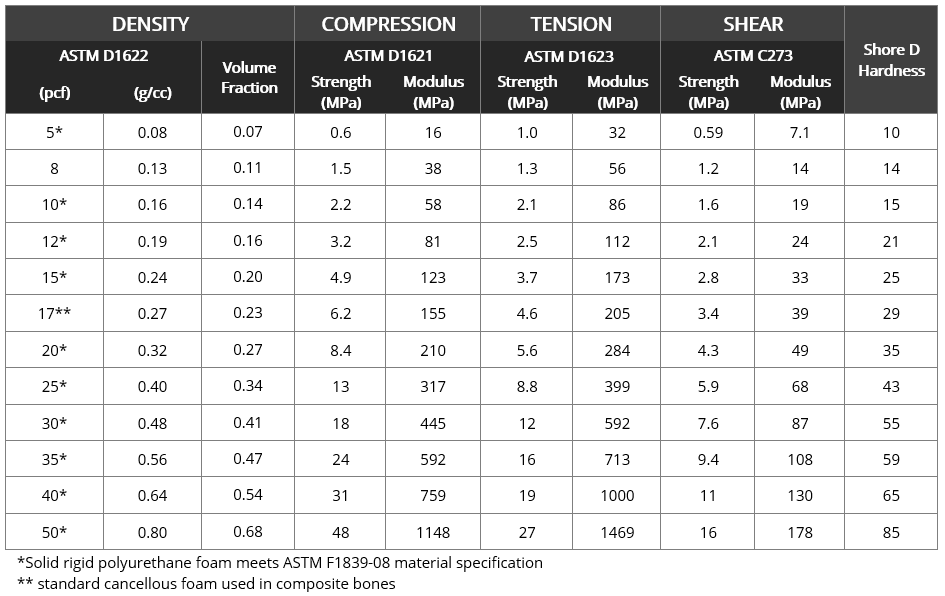 Polyurethane foam is a popular material used in the production of mattresses. It is a type of foam that is made from polyurethane, a polymer composed of organic units joined by carbamate (urethane) links. The density of polyurethane foam refers to the weight of the foam per cubic foot. This density is measured in pounds per cubic foot (PCF) and it is an important factor to consider when purchasing a mattress.
Polyurethane foam is a popular material used in the production of mattresses. It is a type of foam that is made from polyurethane, a polymer composed of organic units joined by carbamate (urethane) links. The density of polyurethane foam refers to the weight of the foam per cubic foot. This density is measured in pounds per cubic foot (PCF) and it is an important factor to consider when purchasing a mattress.
Why is Foam Density Important?
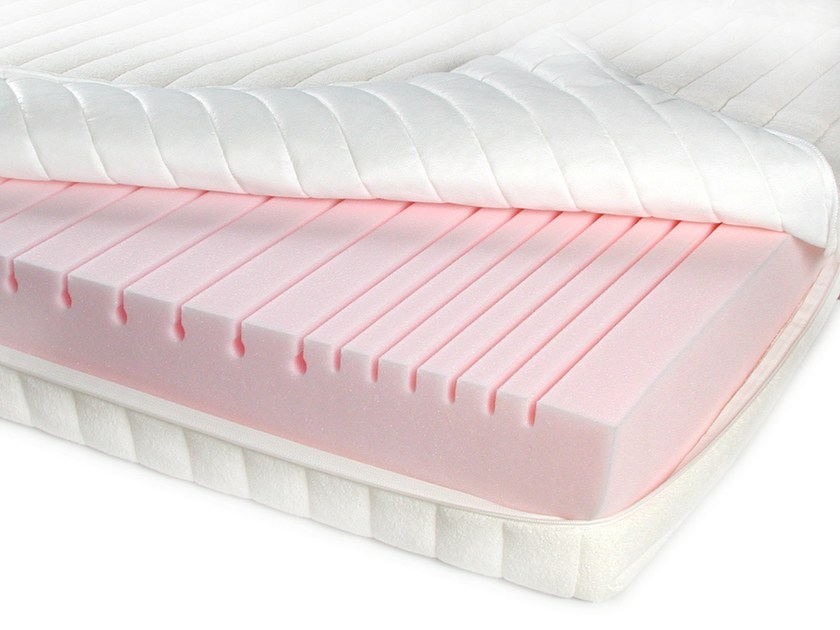 The density of polyurethane foam used in mattresses plays a crucial role in determining the overall comfort and durability of the mattress. A higher foam density means that the foam is more compact and able to support weight and pressure better. On the other hand, a lower density foam will be softer and less supportive.
Higher Density, Higher Quality
When it comes to mattresses, the general rule is that higher density foam equates to higher quality. A mattress with a higher density foam will provide more support and pressure relief, making it ideal for people with back pain or other orthopedic issues. It also means that the foam will last longer and maintain its shape, unlike lower density foams which tend to sag and lose their support over time.
Customized Comfort
The density of polyurethane foam can also affect the firmness level of a mattress. Manufacturers can adjust the foam density to create a softer or firmer feel, depending on the customer's preference. This allows for a more customized and comfortable sleep experience.
Long-lasting Durability
Another advantage of higher density polyurethane foam is its durability. Since it is more compact and able to withstand weight and pressure, it will maintain its shape and support over time. This means that you won't have to replace your mattress as frequently, saving you money in the long run.
The density of polyurethane foam used in mattresses plays a crucial role in determining the overall comfort and durability of the mattress. A higher foam density means that the foam is more compact and able to support weight and pressure better. On the other hand, a lower density foam will be softer and less supportive.
Higher Density, Higher Quality
When it comes to mattresses, the general rule is that higher density foam equates to higher quality. A mattress with a higher density foam will provide more support and pressure relief, making it ideal for people with back pain or other orthopedic issues. It also means that the foam will last longer and maintain its shape, unlike lower density foams which tend to sag and lose their support over time.
Customized Comfort
The density of polyurethane foam can also affect the firmness level of a mattress. Manufacturers can adjust the foam density to create a softer or firmer feel, depending on the customer's preference. This allows for a more customized and comfortable sleep experience.
Long-lasting Durability
Another advantage of higher density polyurethane foam is its durability. Since it is more compact and able to withstand weight and pressure, it will maintain its shape and support over time. This means that you won't have to replace your mattress as frequently, saving you money in the long run.
In Conclusion
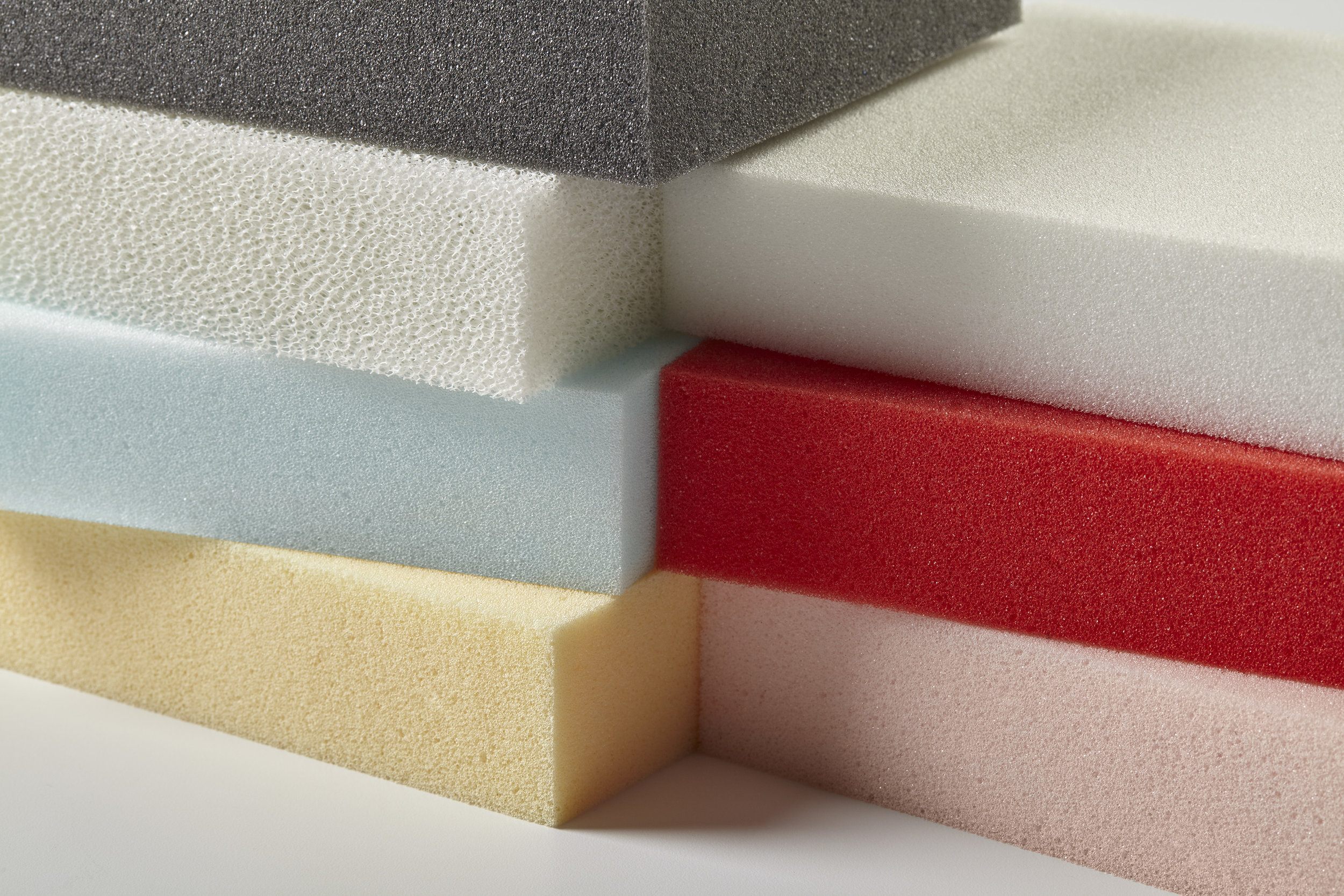 When it comes to mattresses, the density of polyurethane foam is a crucial factor to consider. It not only affects the overall comfort and support of the mattress but also its durability and longevity. So next time you're in the market for a new mattress, make sure to pay attention to the foam density to ensure a good night's sleep.
When it comes to mattresses, the density of polyurethane foam is a crucial factor to consider. It not only affects the overall comfort and support of the mattress but also its durability and longevity. So next time you're in the market for a new mattress, make sure to pay attention to the foam density to ensure a good night's sleep.




.jpg)
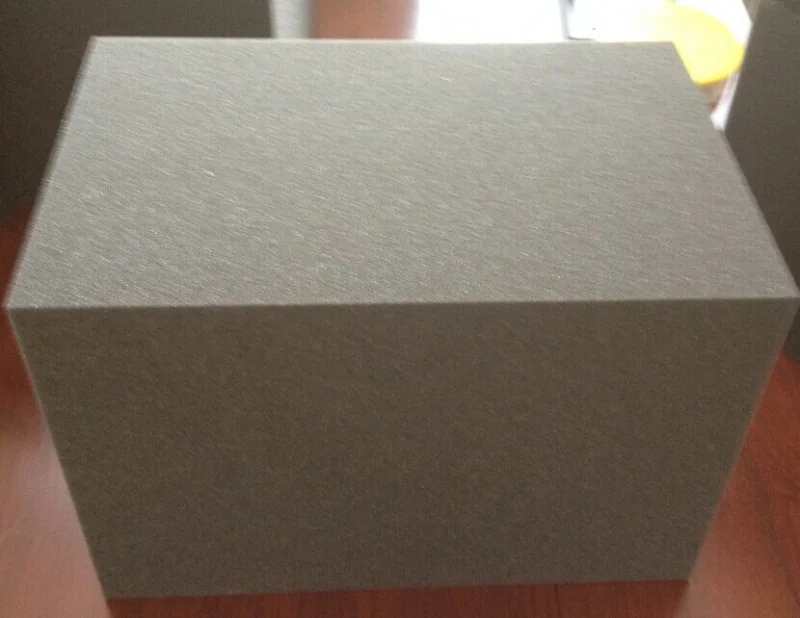




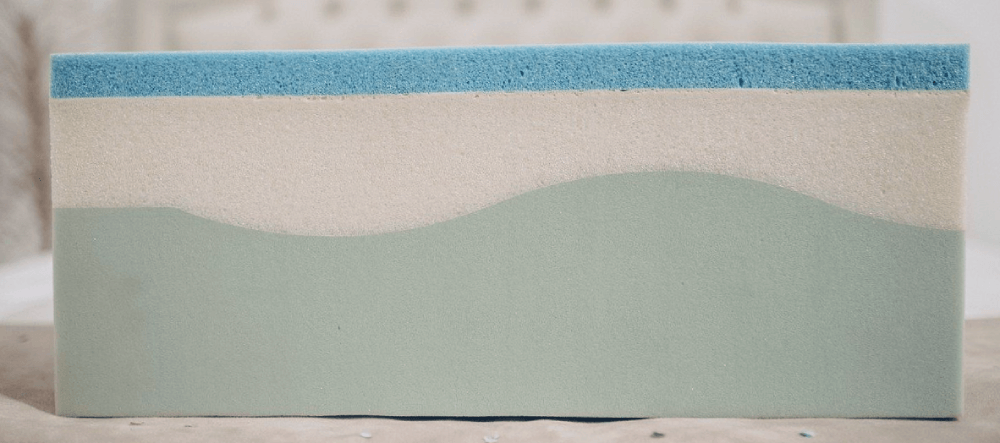


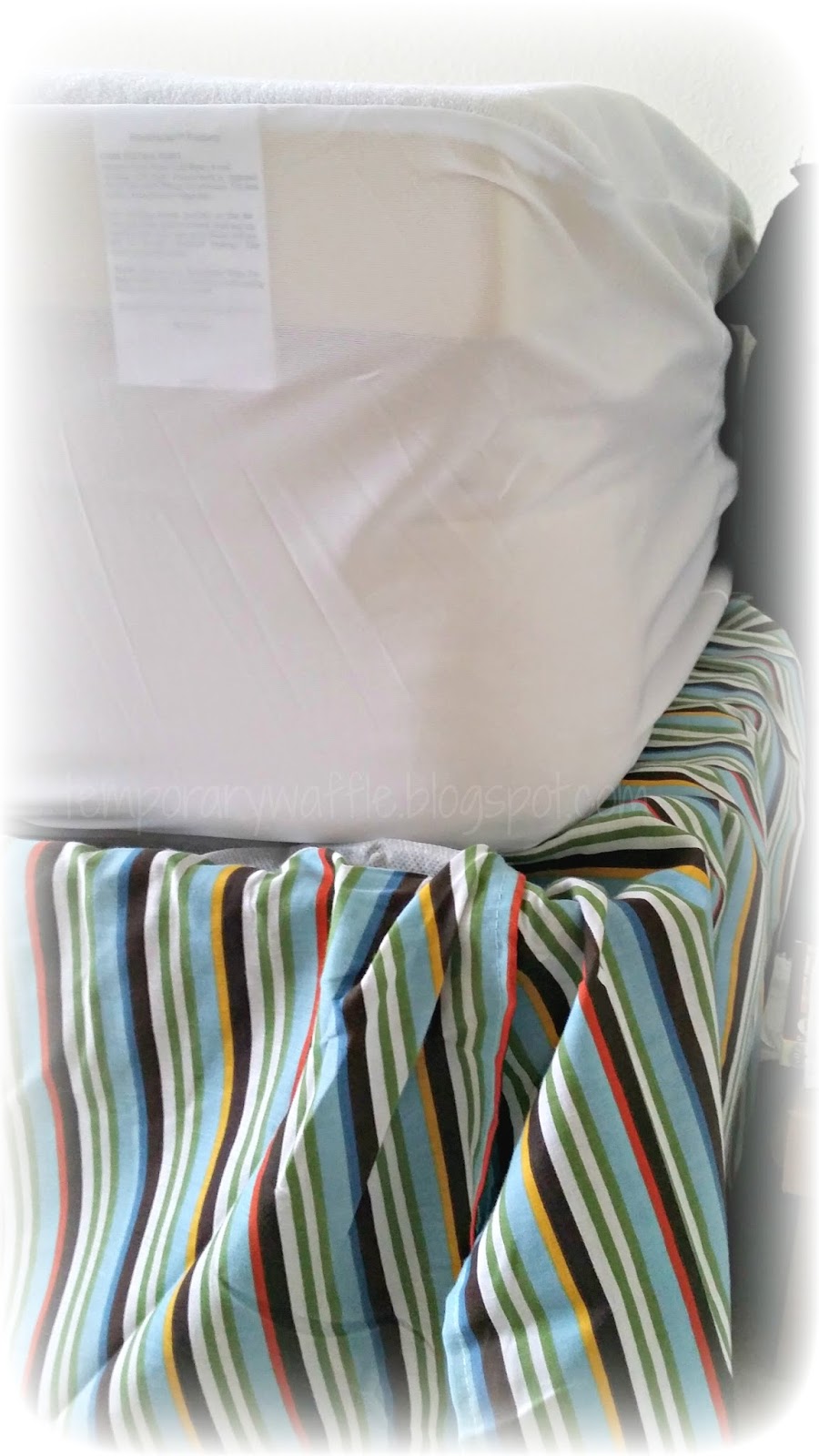

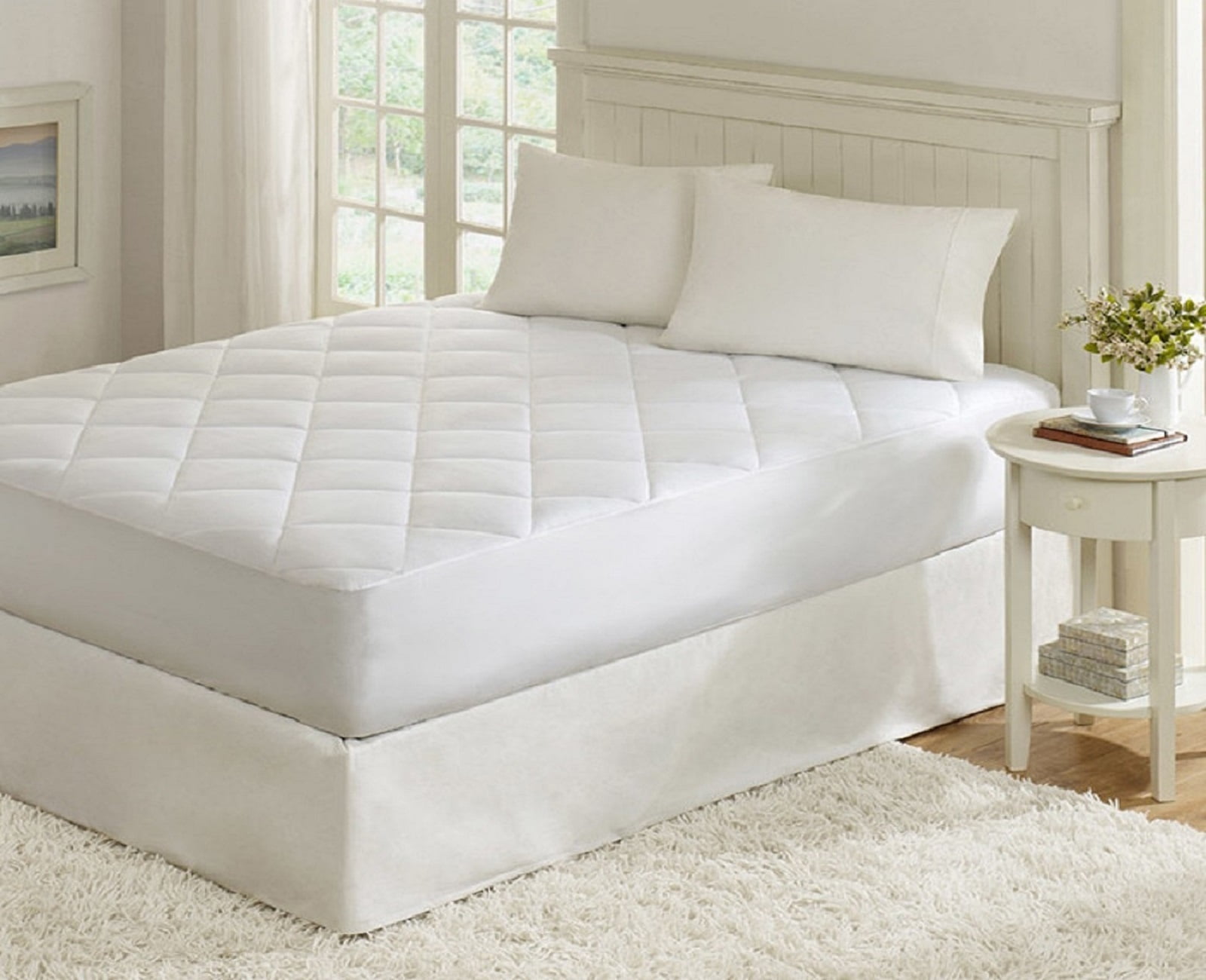

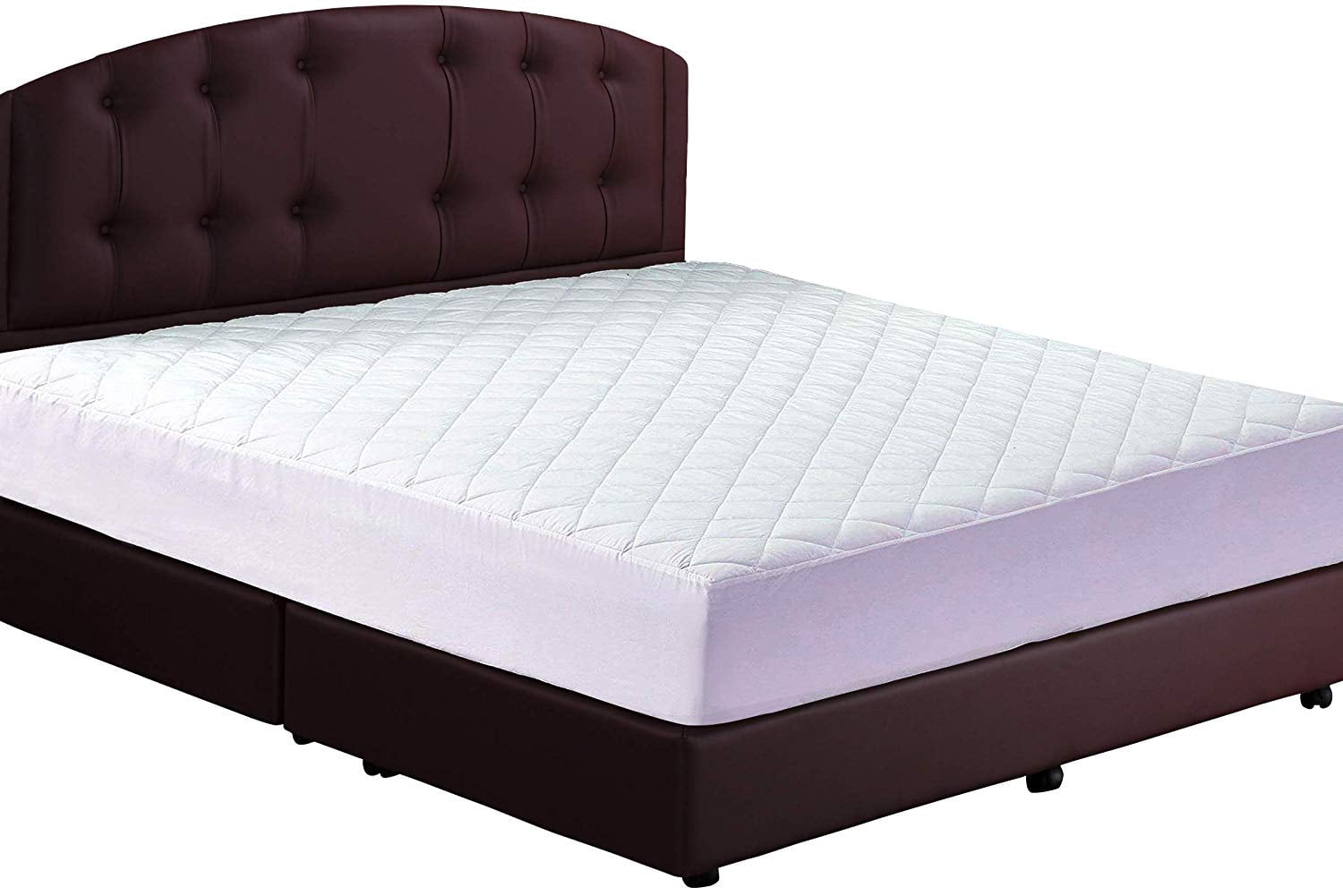
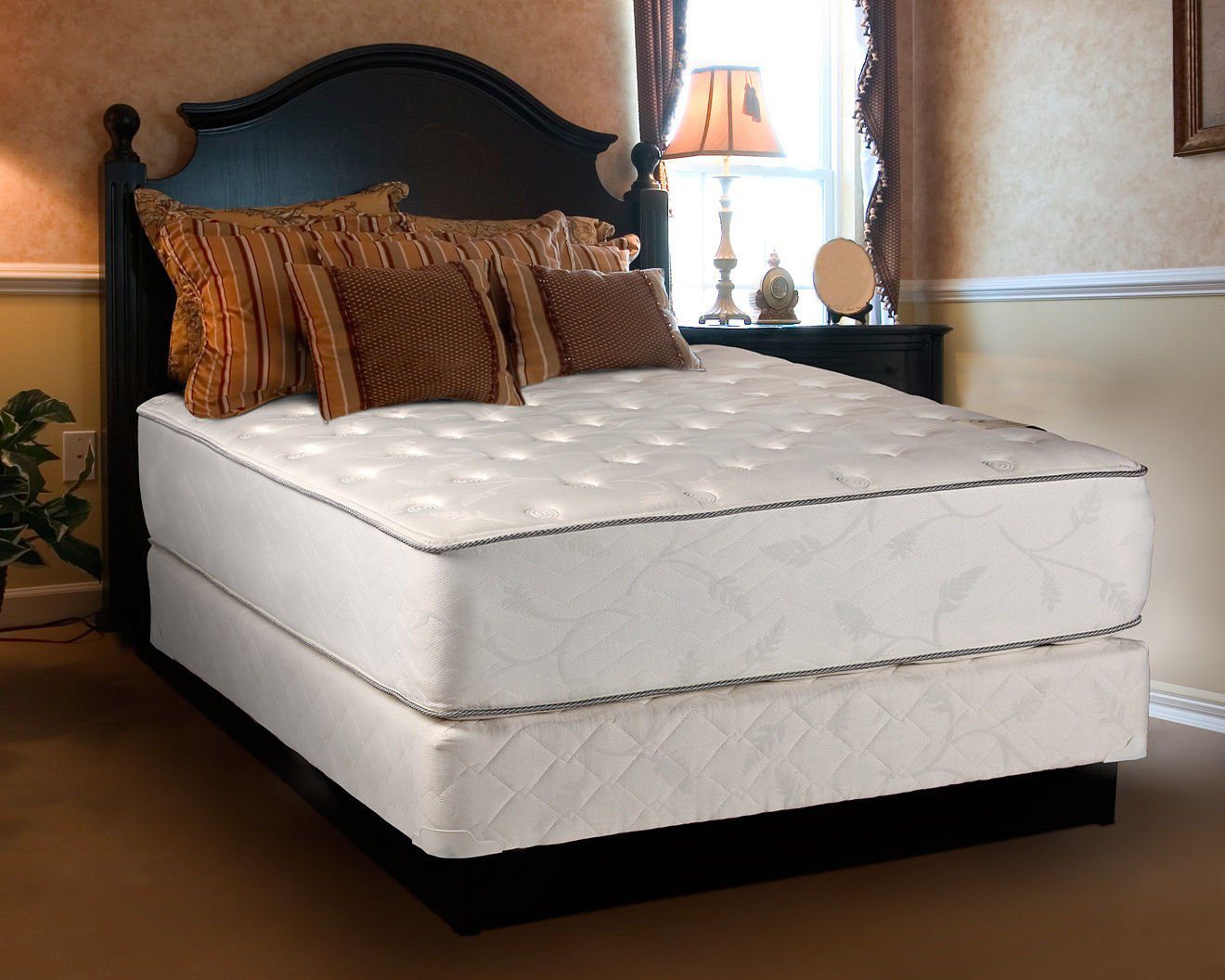




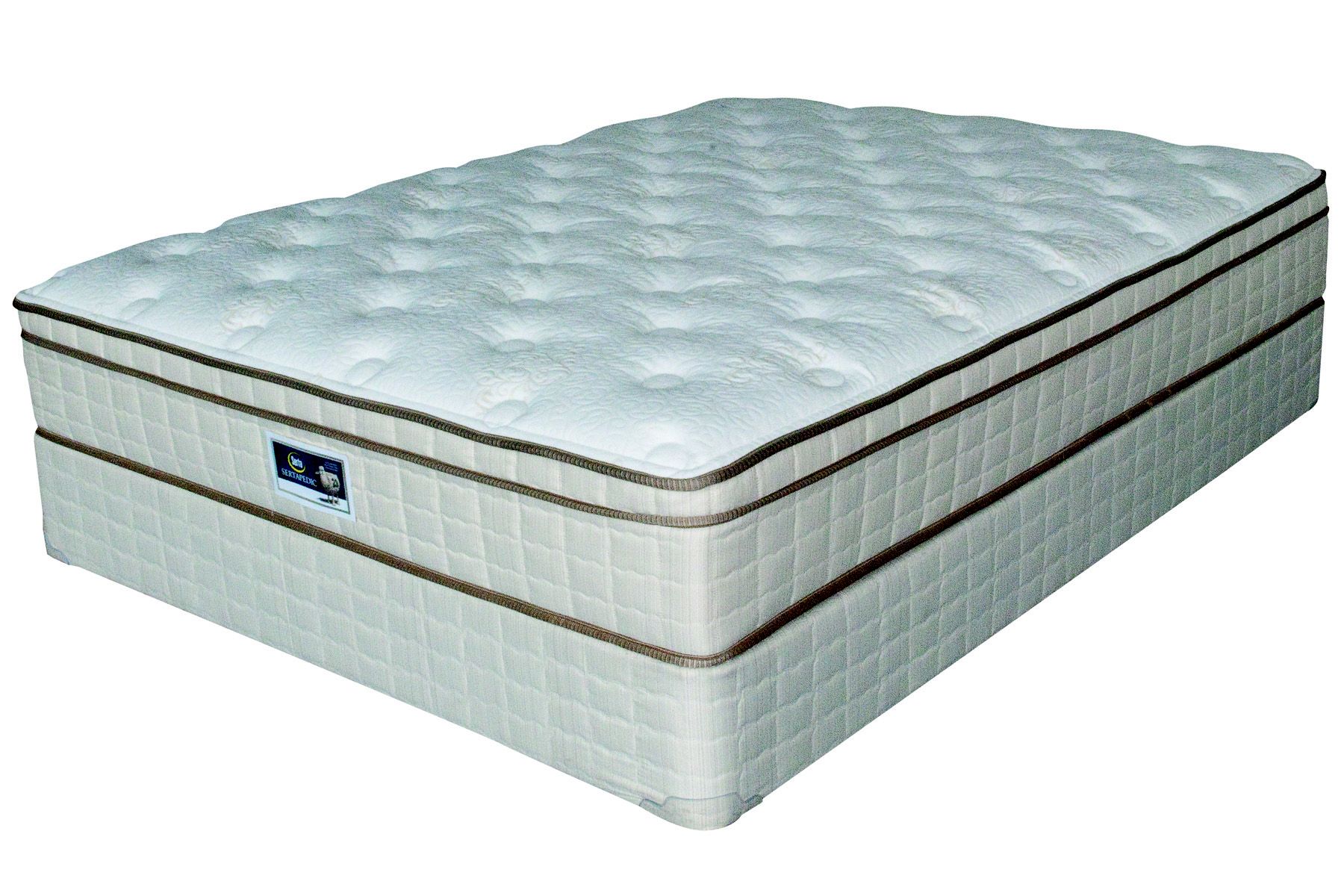




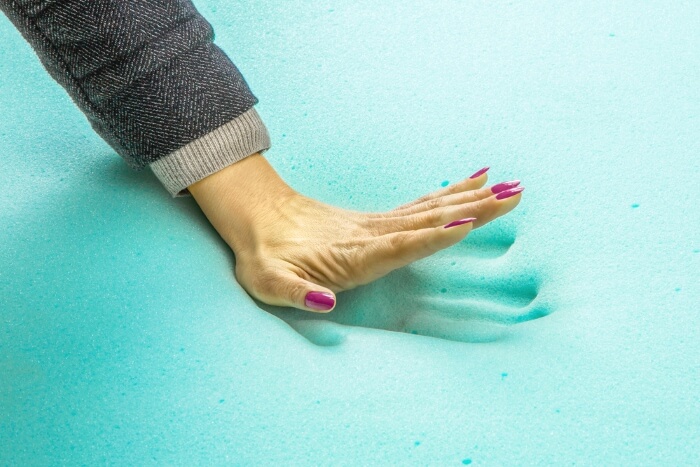
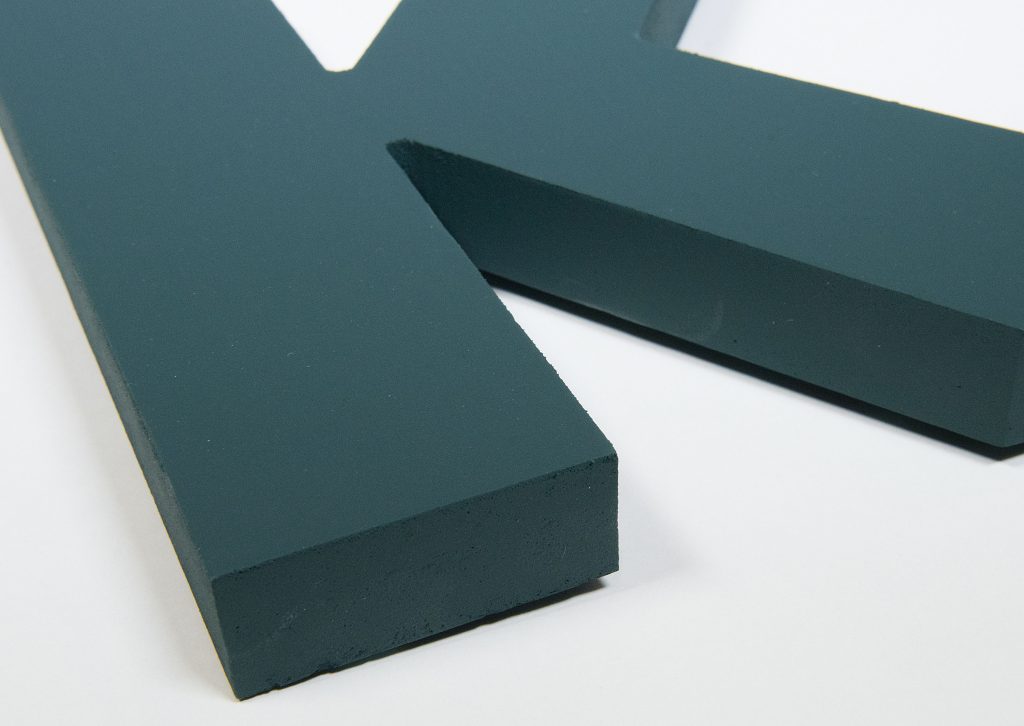

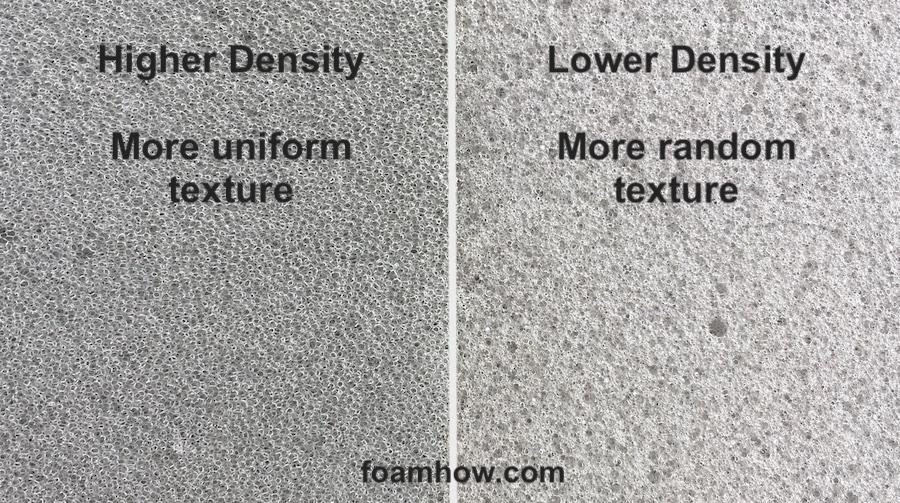
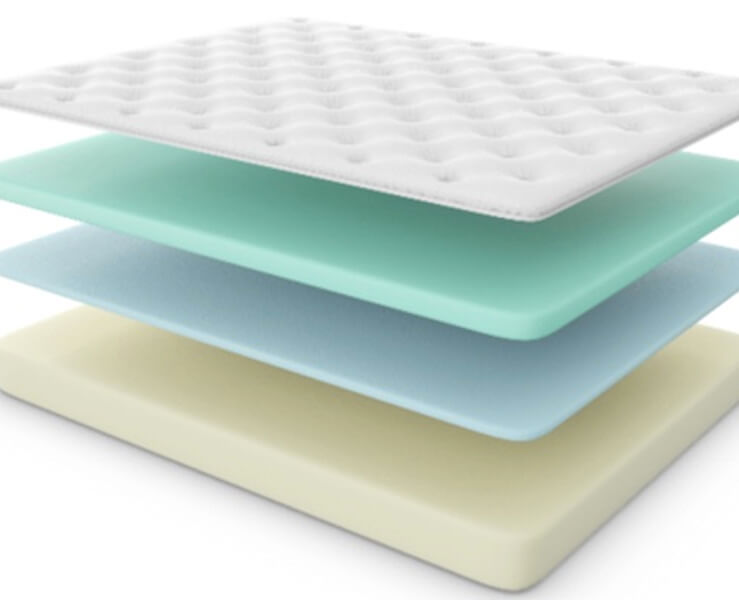




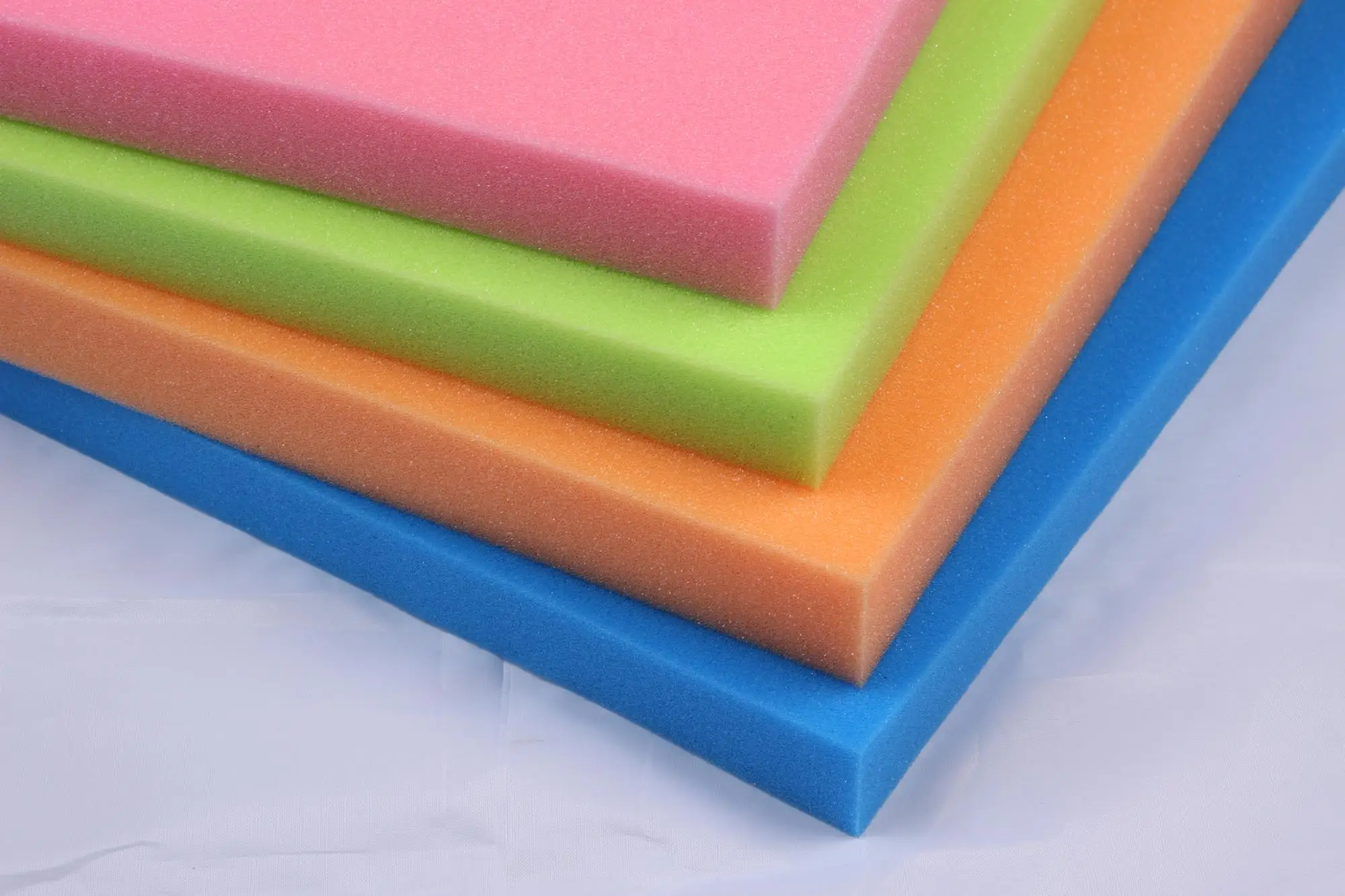

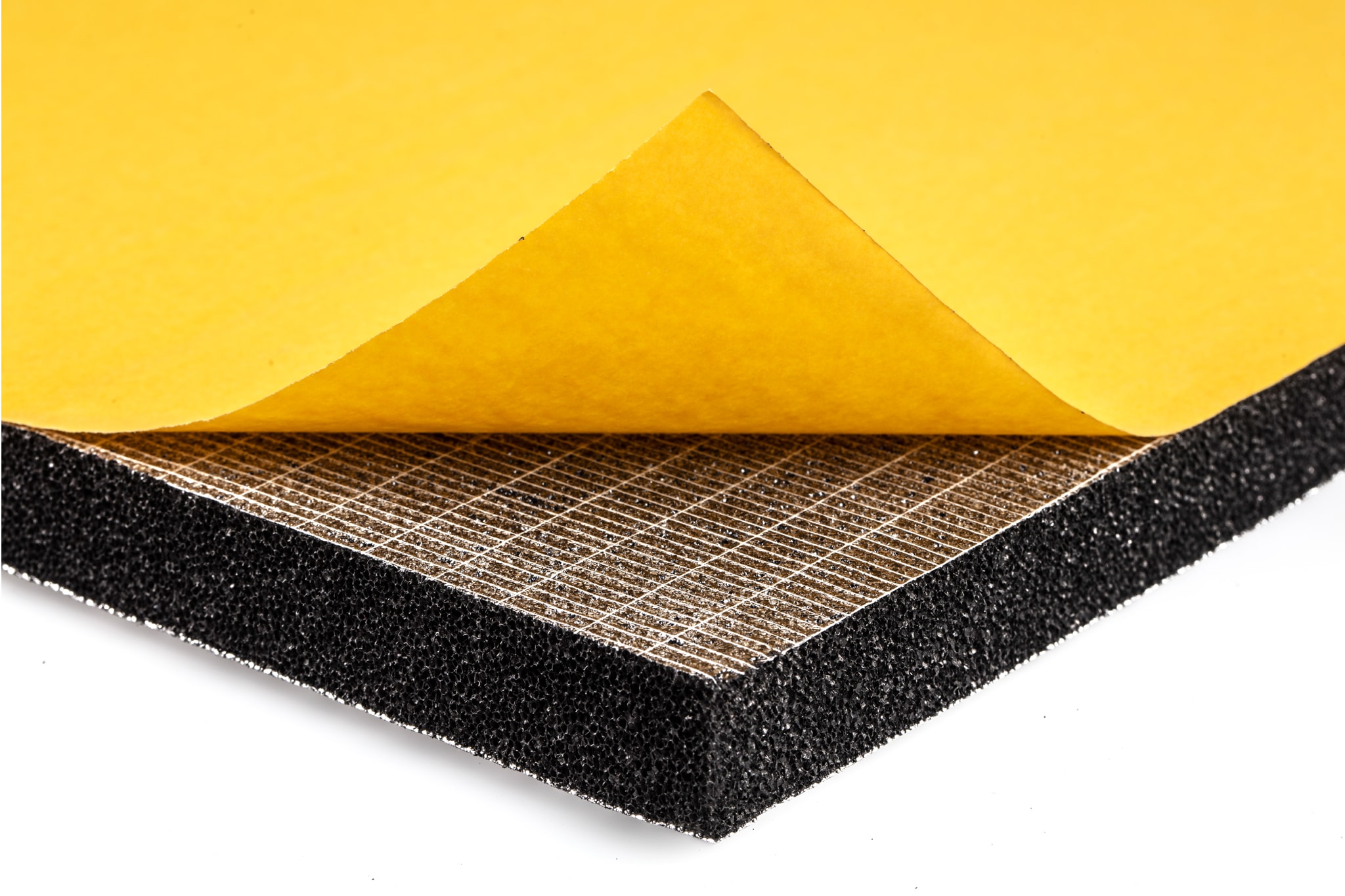

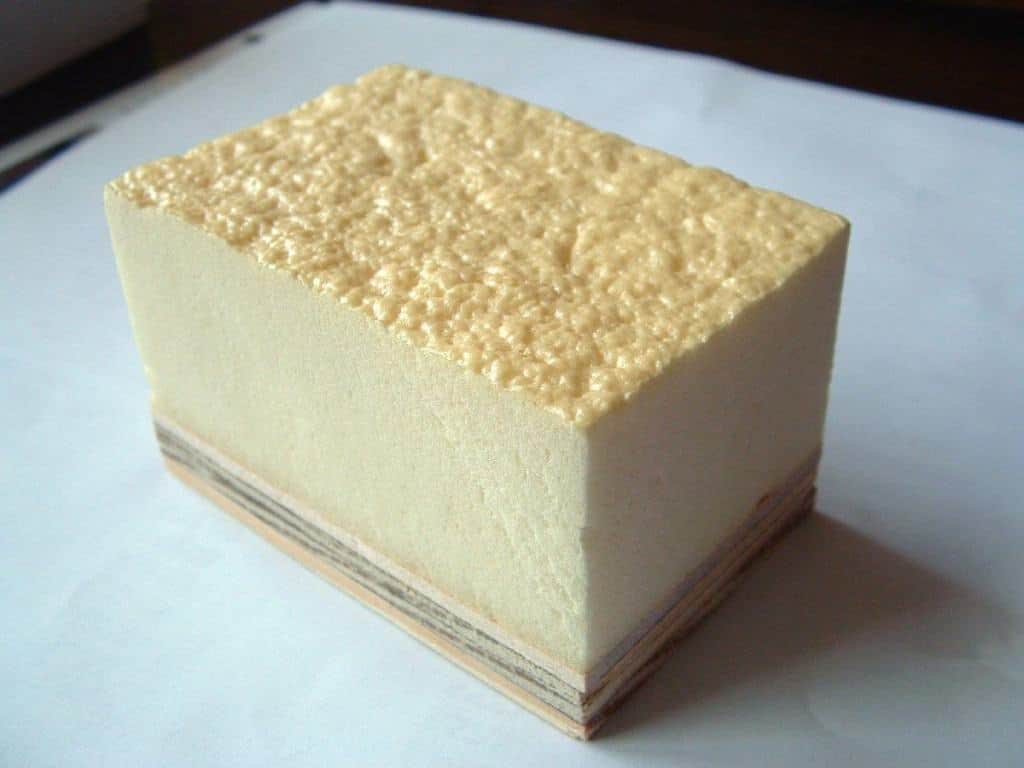
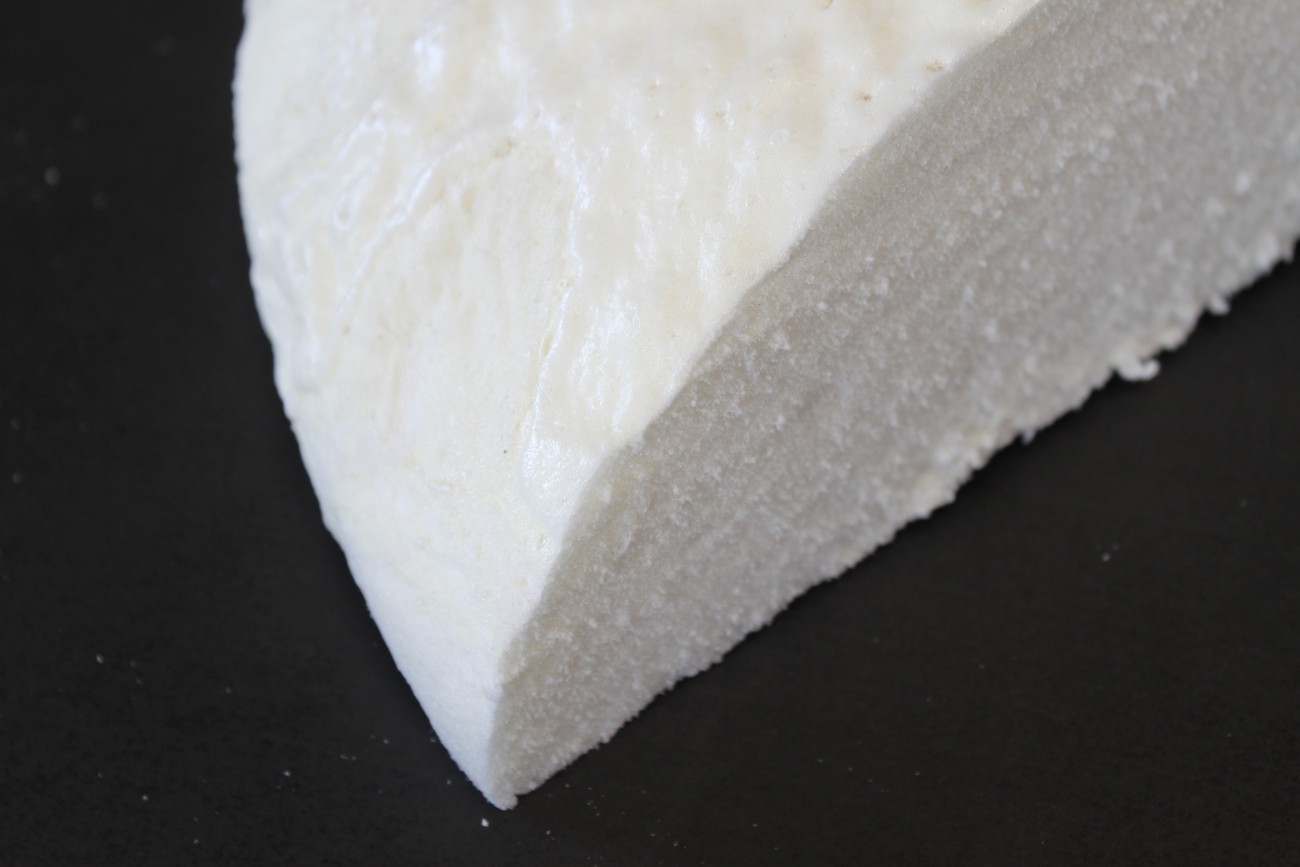

/experiment-showing-relative-density-of-different-liquids-liquids-of-different-densities-will-sit-on-top-of-each-other-without-mixing-and-if-mixed-together-will-re-settle-into-layers-the-most-dense-liquid-lies-at-the-bottom-the-least-dense-at-the-t-57a768ac3df78cf459161869.jpg)


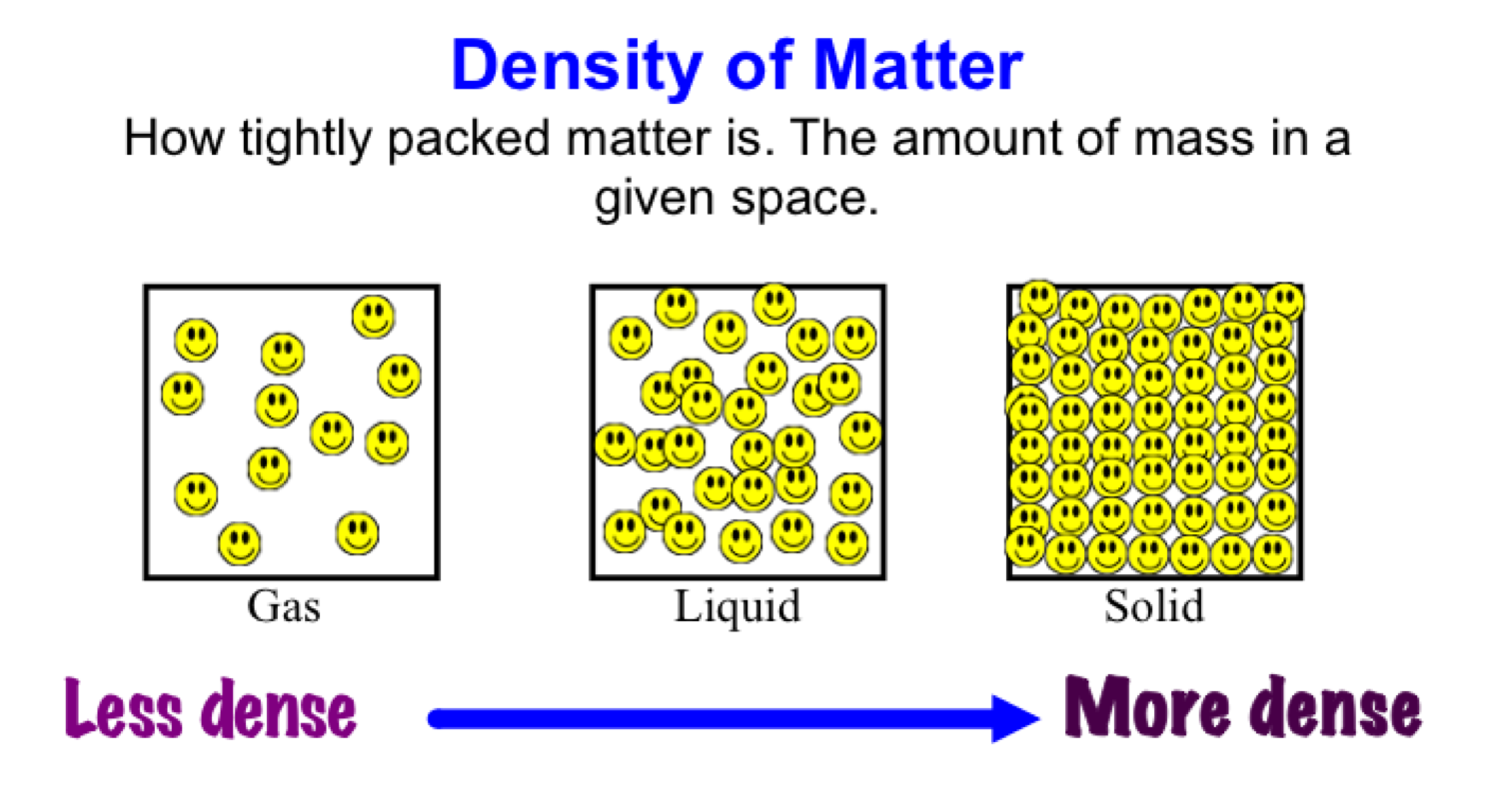

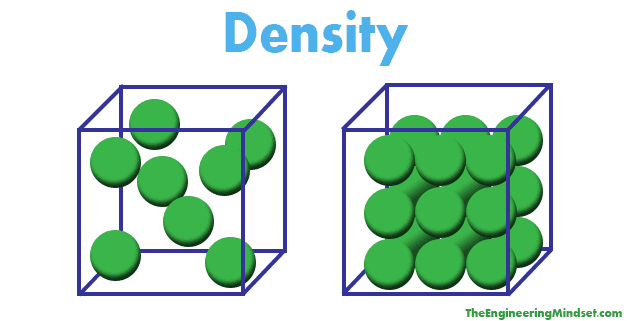

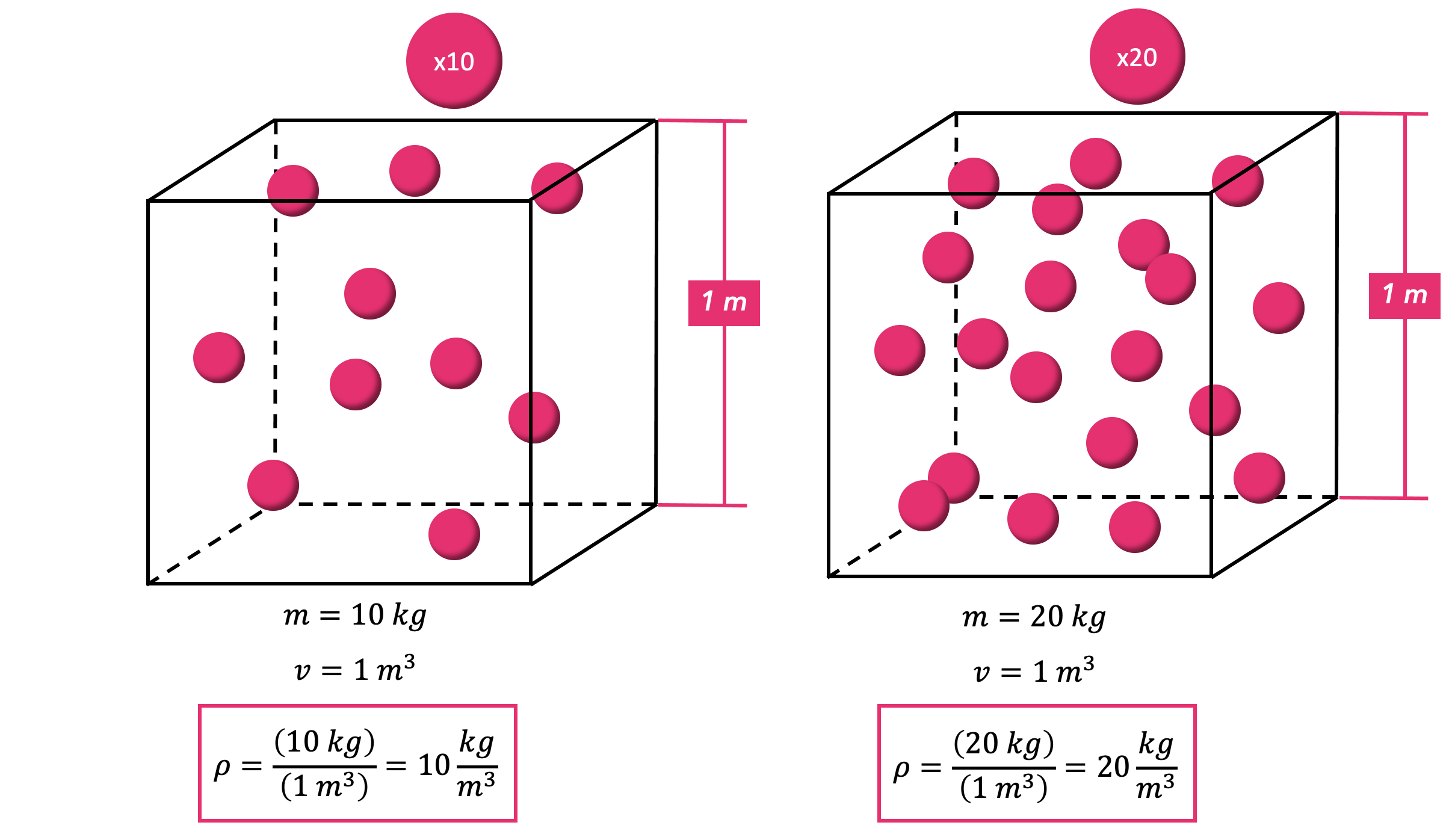



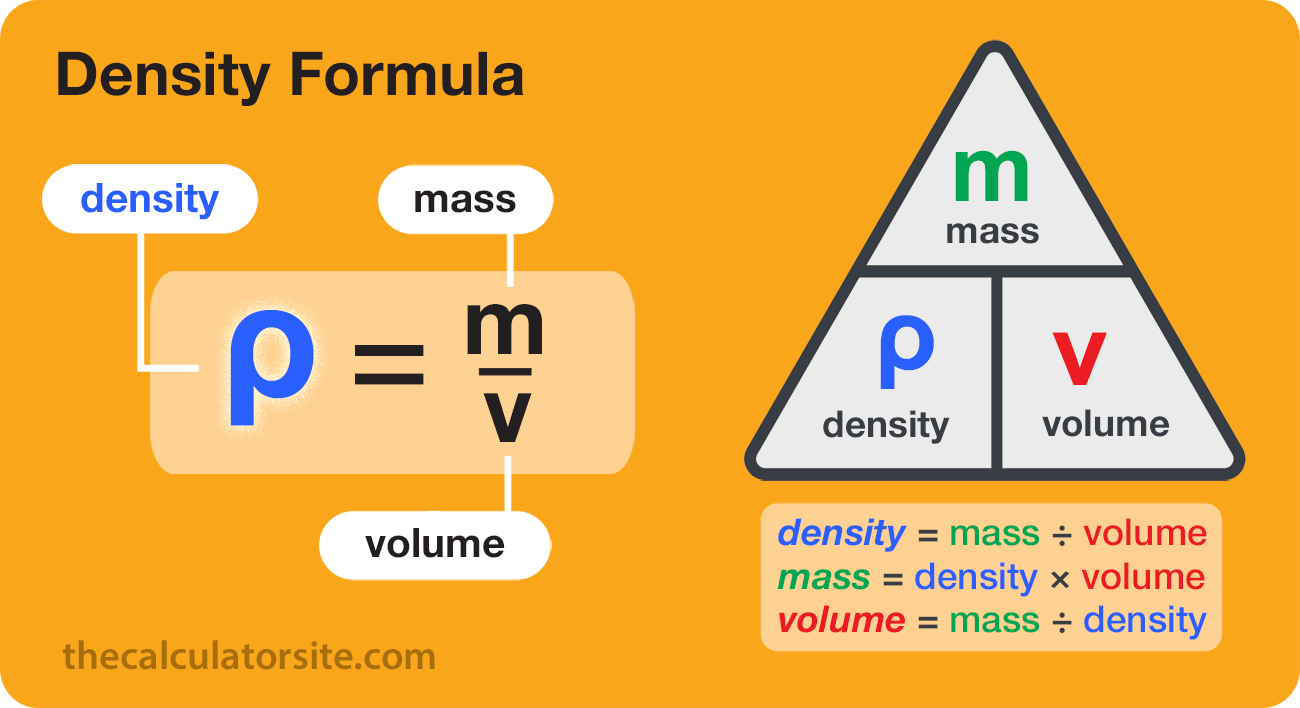

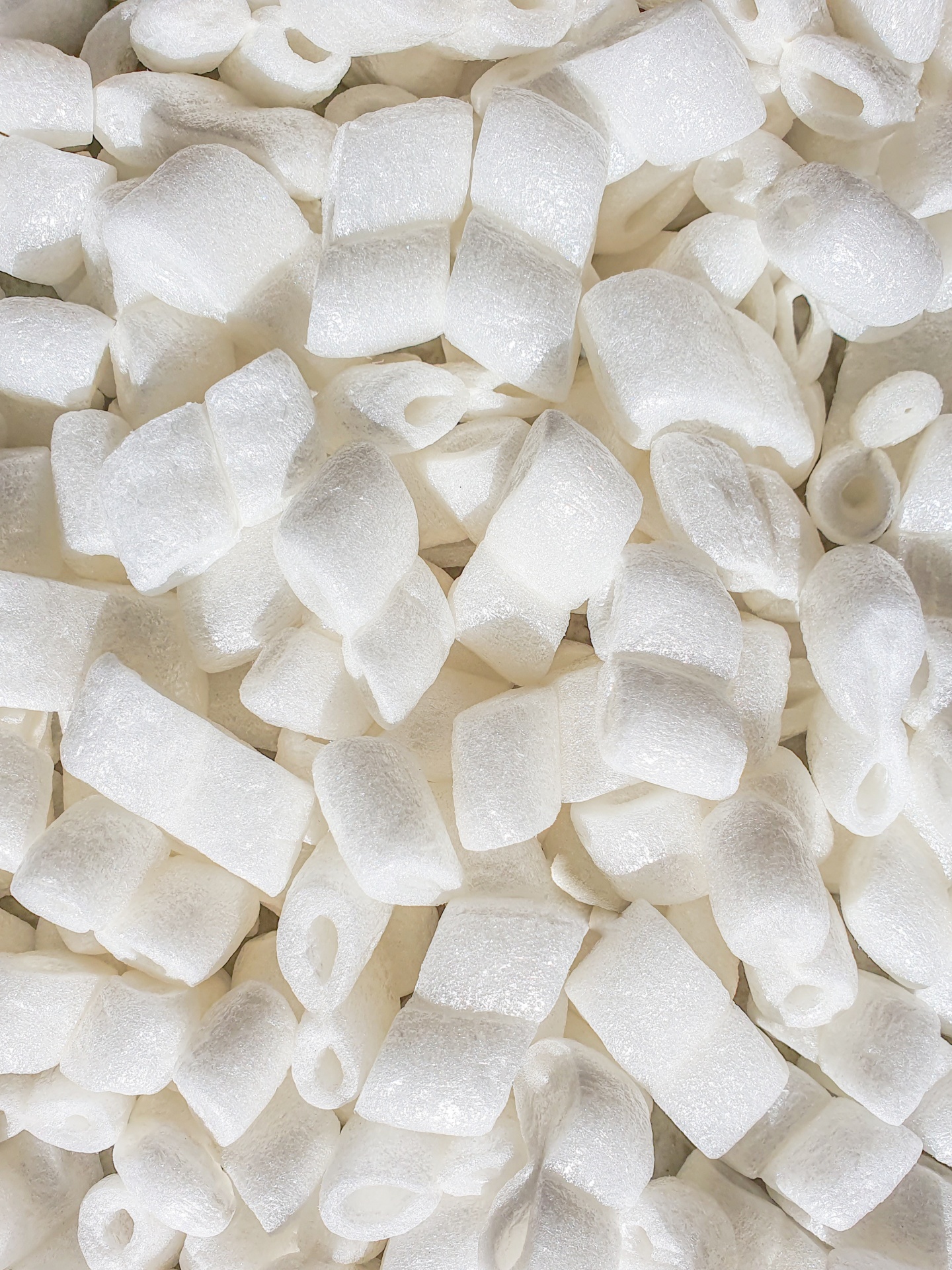



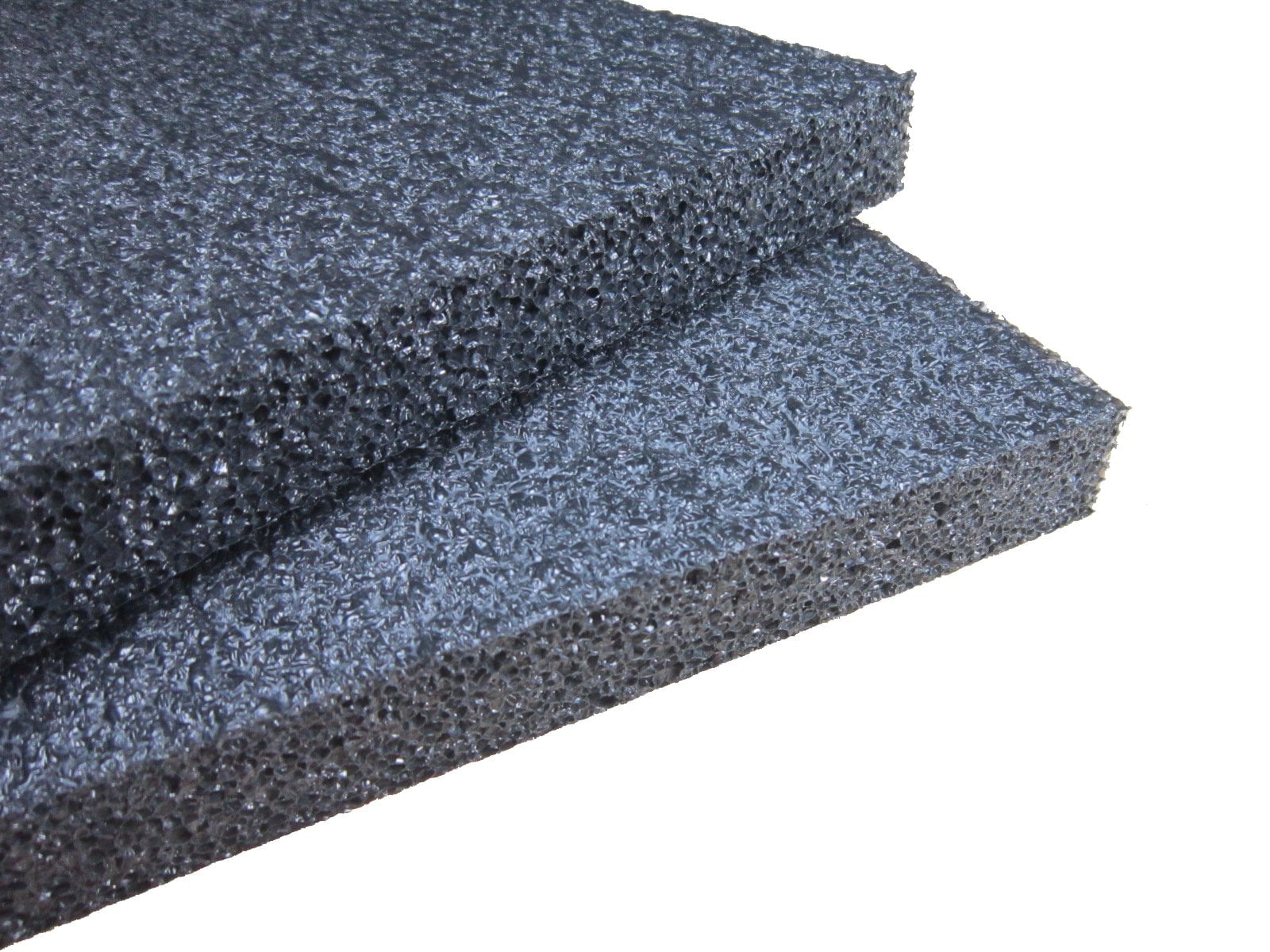
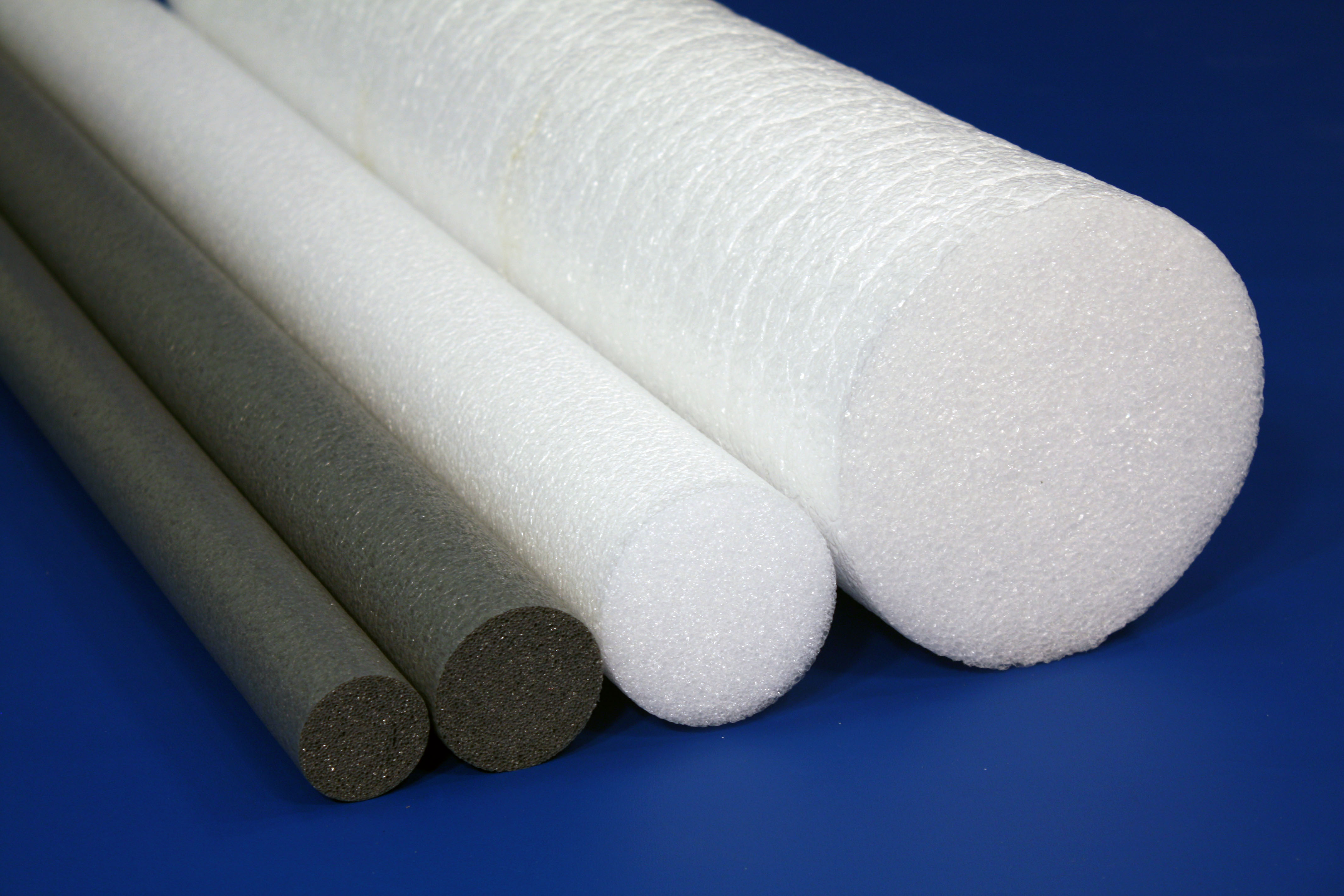
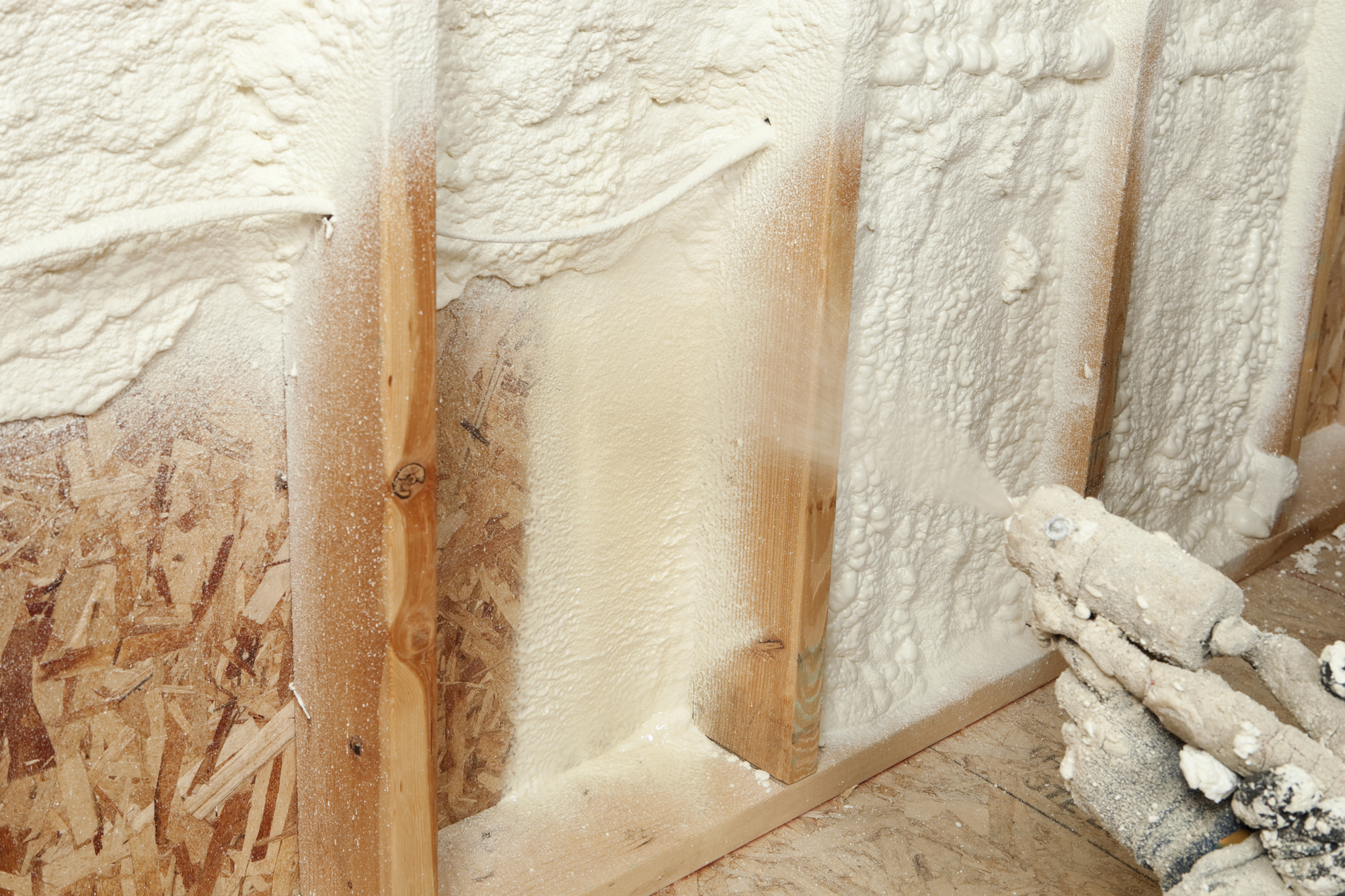
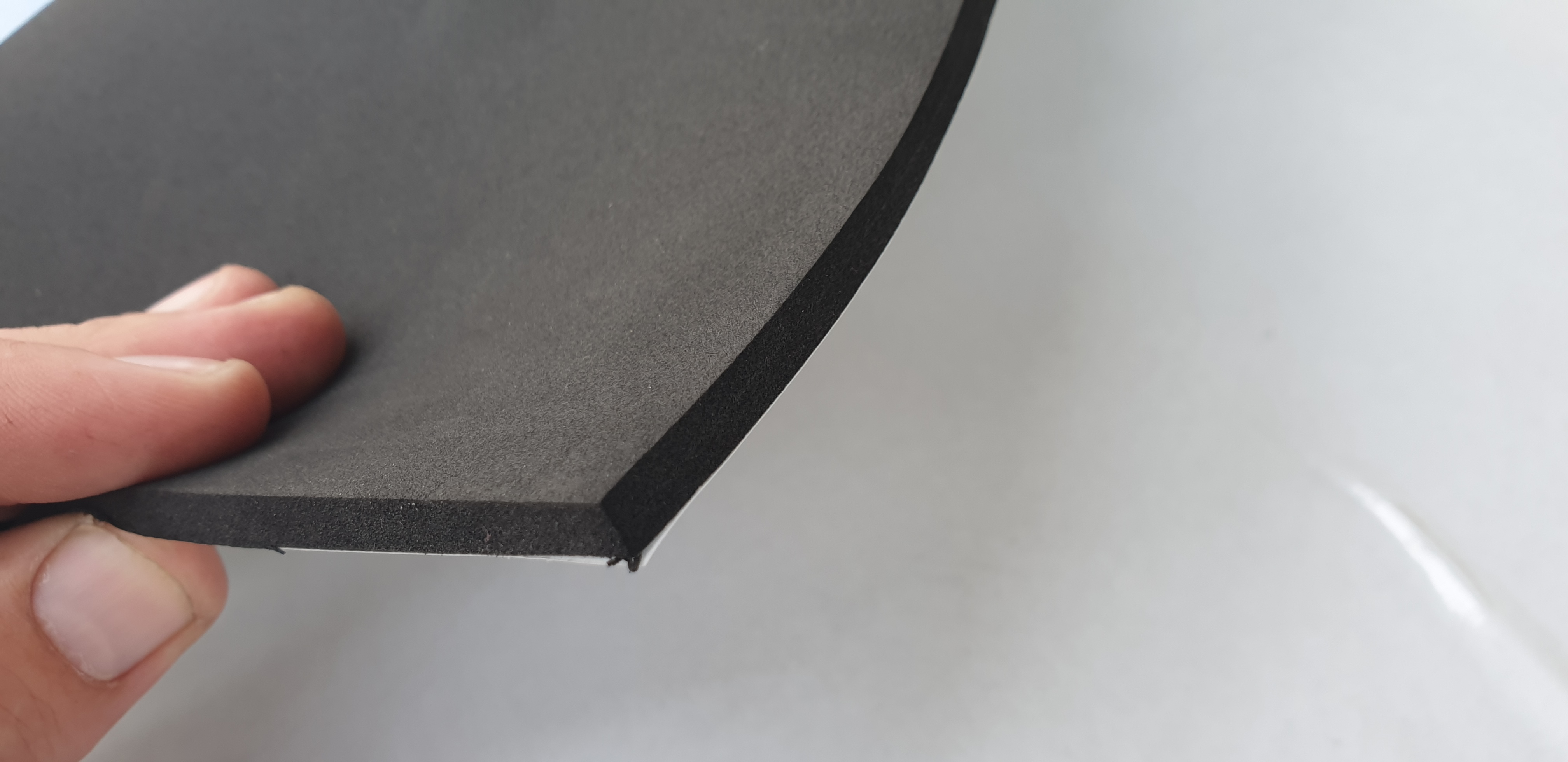






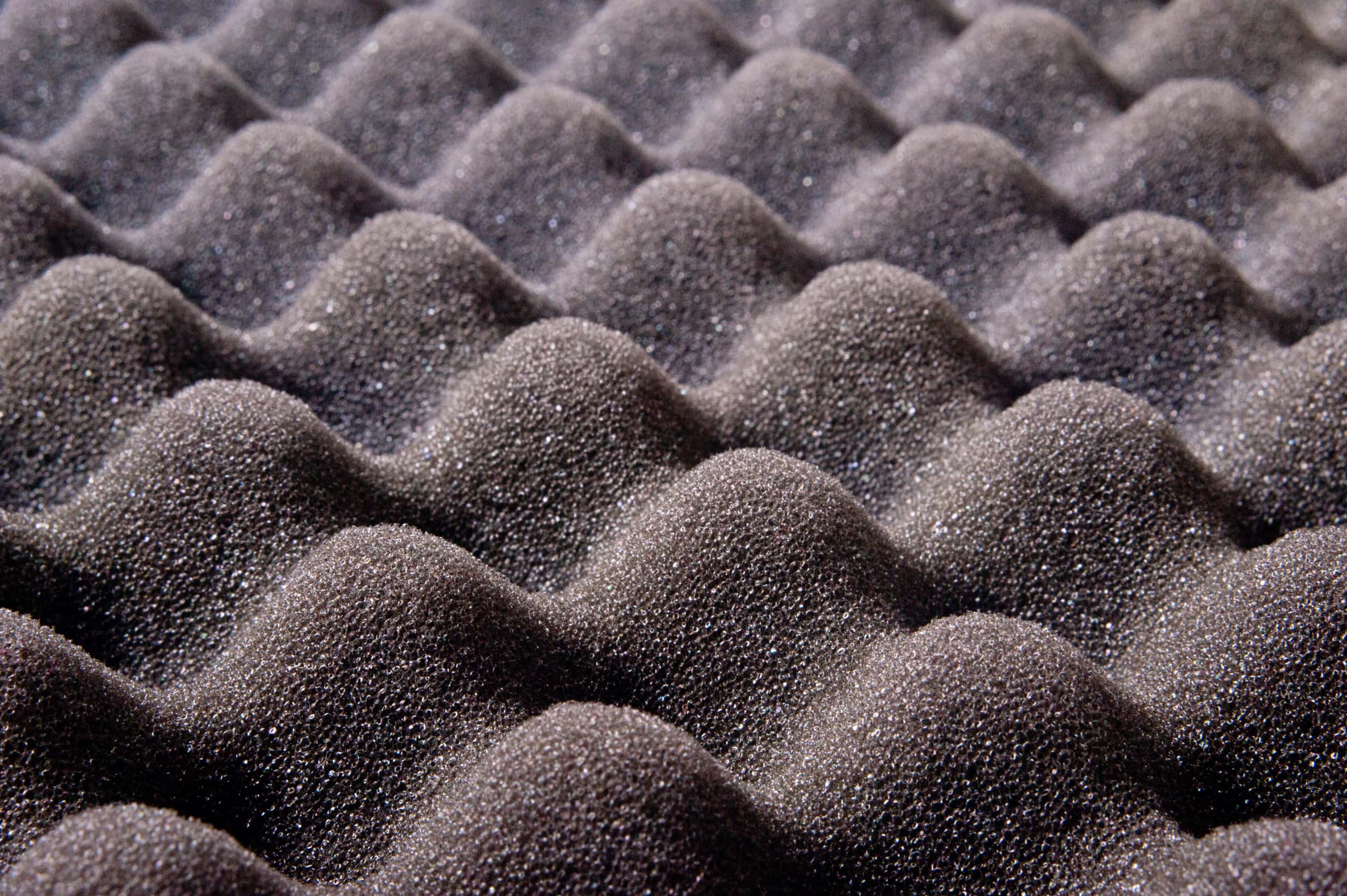

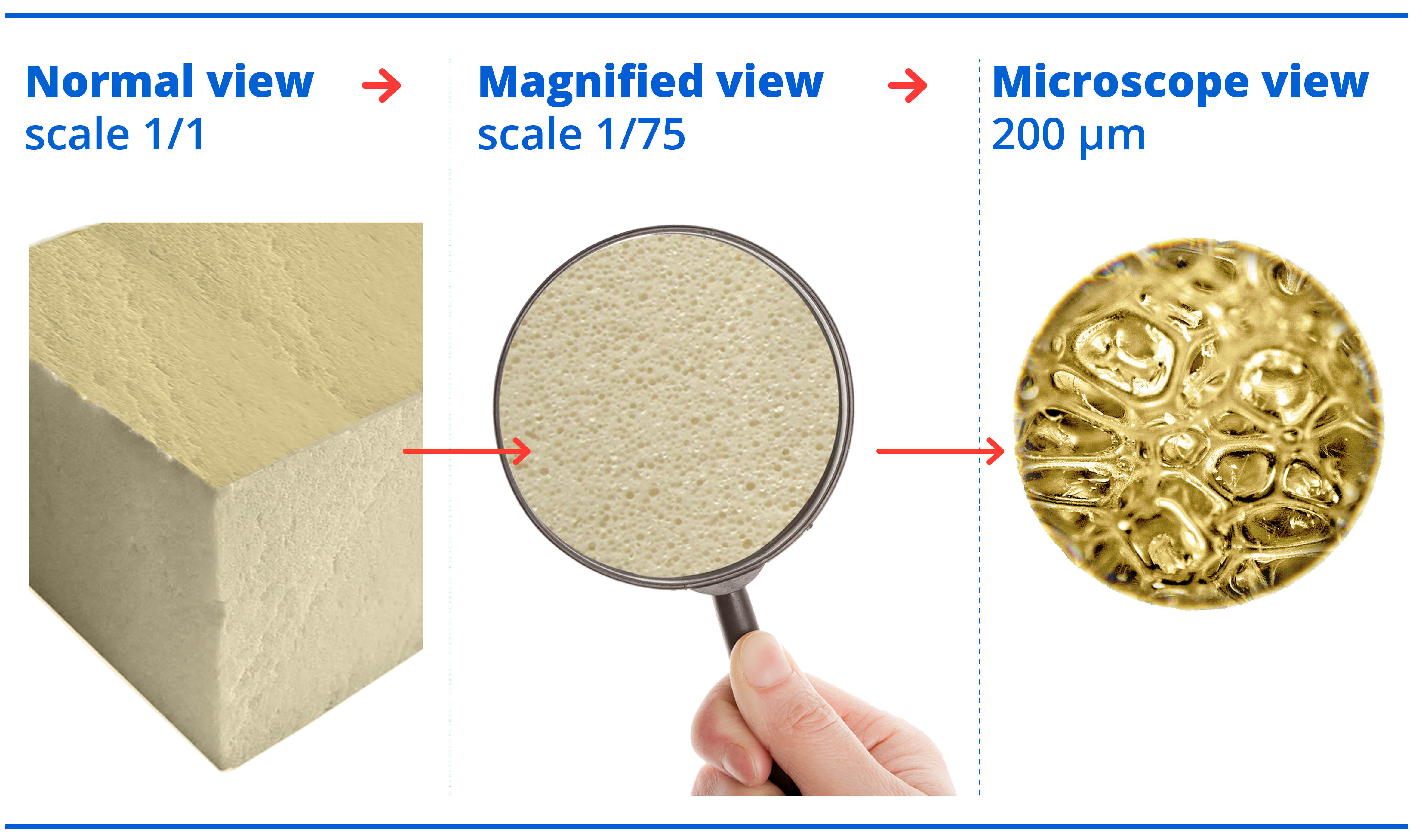
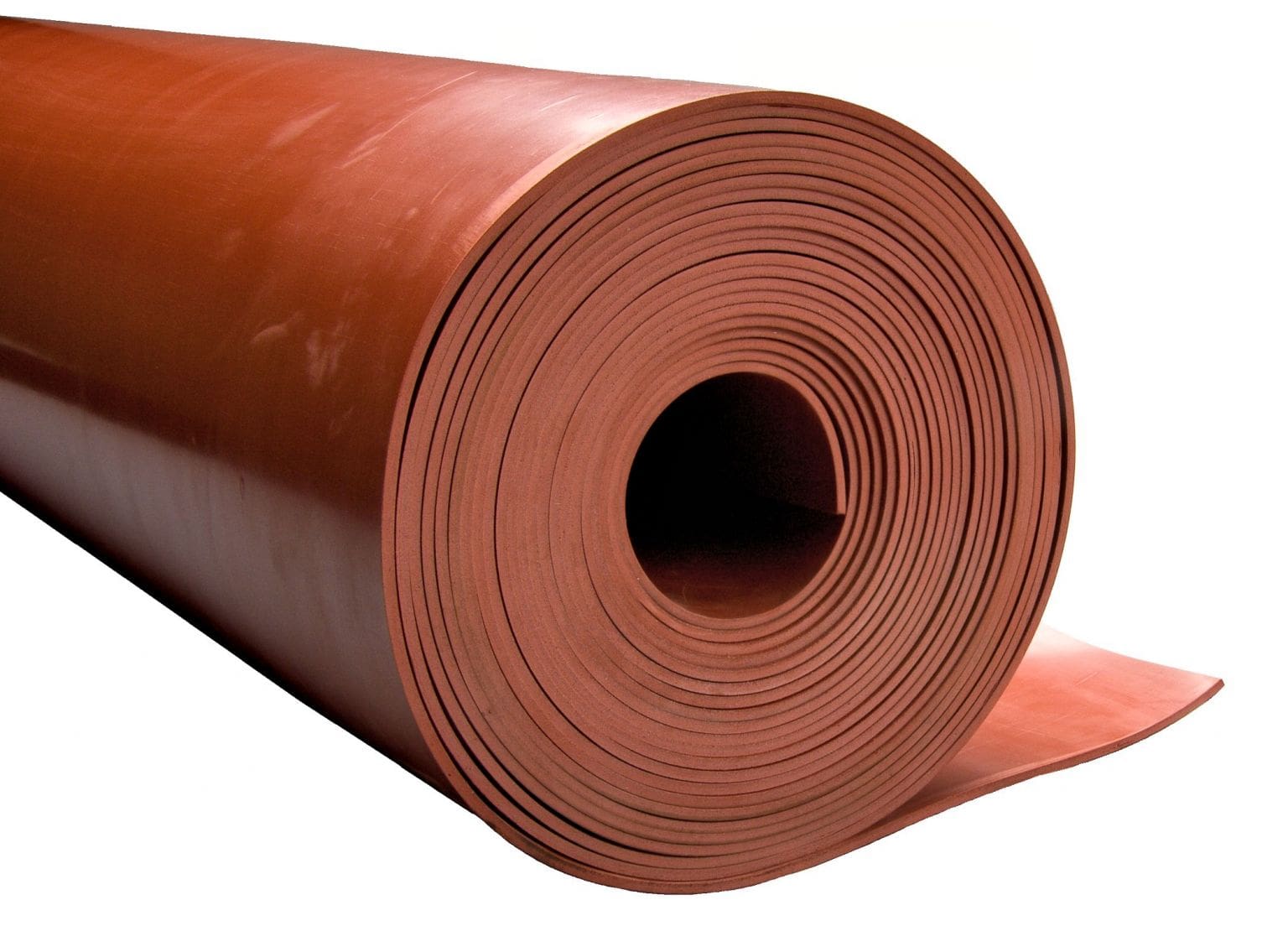




:max_bytes(150000):strip_icc()/GettyImages-183771871-dd1b7eb9d6d74b61a7c57dcb61e280fc.jpg)

